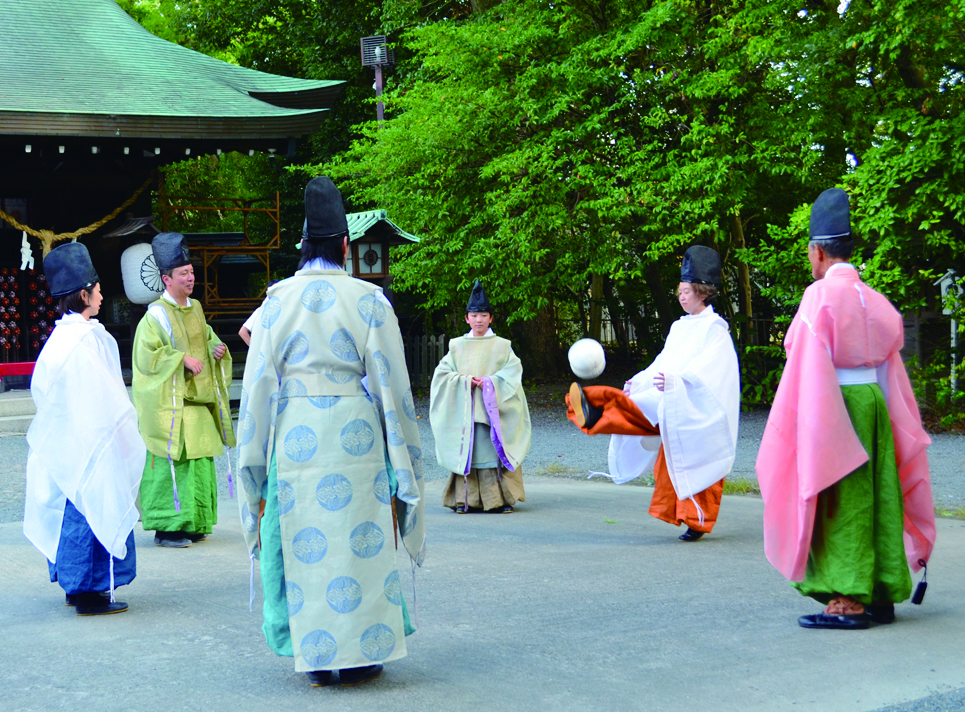
Japanese Traditional Sports "Kemari" and Pure Water in Minase
Graceful Experience of Japanese Sports "Kemari" and Tea Ceremony
- The Cultural Significance of Kemari and Minase’s Sacred Water
-
Kemari, a traditional Japanese sport dating back over 1,000 years, was a pastime of nobles and members of the imperial court. This ancient ball game involves players working together to keep a ball, called a kemari, from touching the ground. More than just a sport, kemari embodies cooperation, elegance, and the refined culture of Japan’s aristocracy.
Minase Jingu Shrine is also renowned for its pure and sacred water, which has been revered for centuries. This water, still drawn from the shrine’s grounds, plays a vital role in modern times as it is used in the production of Suntory’s renowned whiskey and beer. The sacred water symbolizes purity and has been central to spiritual and cultural practices at the shrine for generations.
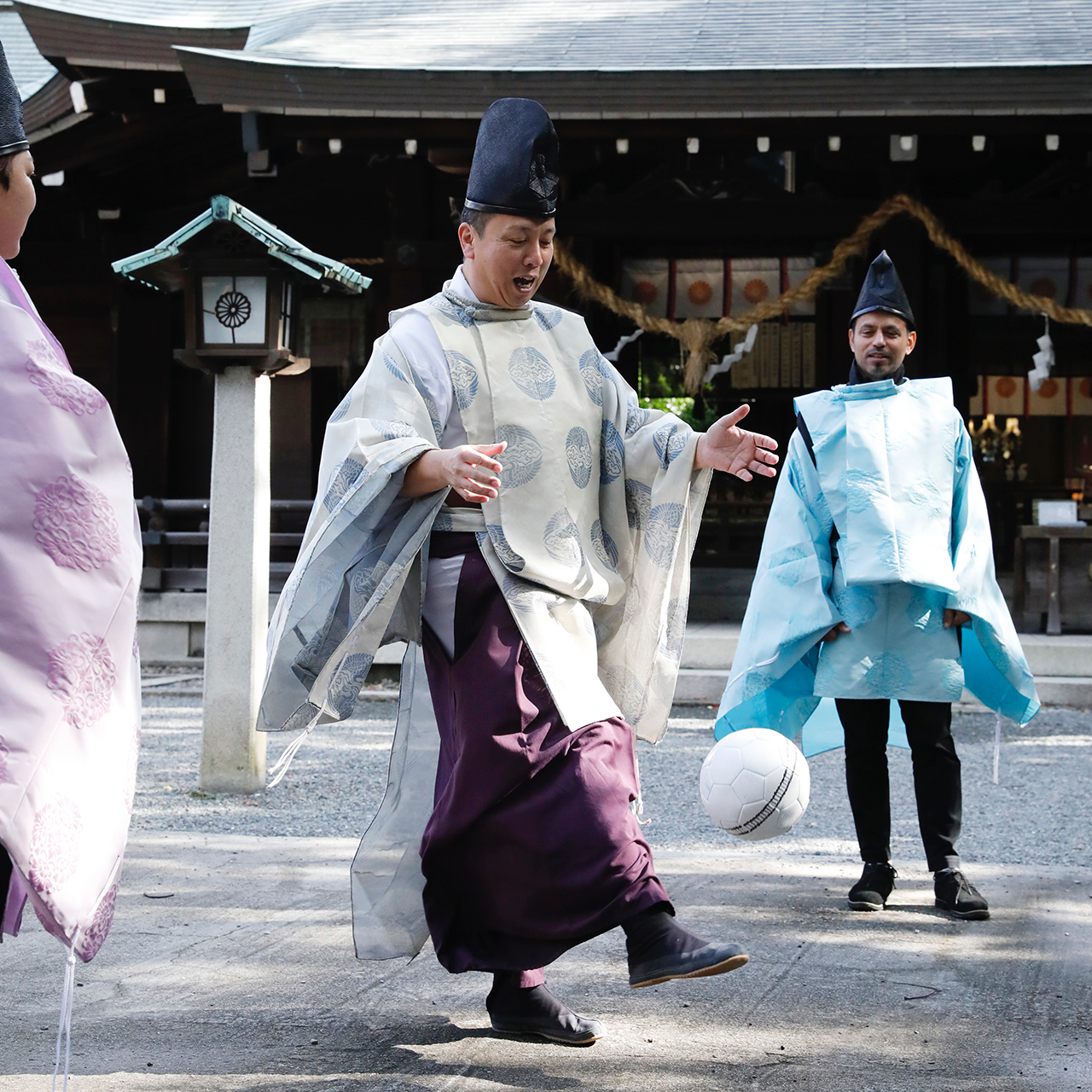

- Immersive Cultural Experiences at Minase Jingu Shrine
-
Your experience at Minase Jingu Shrine begins with the ancient tradition of kemari, the ball game once enjoyed by nobles and the imperial family. Under the guidance of a shrine priest, you will wear the traditional kariginu attire, just as the shrine’s priests do. After learning the history and rules of kemari, you will participate in the game, passing the ball with distinctive calls and working together to keep it from touching the ground. The unique vocal calls and commands made during the game add to the excitement and grace of the experience, immersing you in the spirit of the ancient Japanese court.
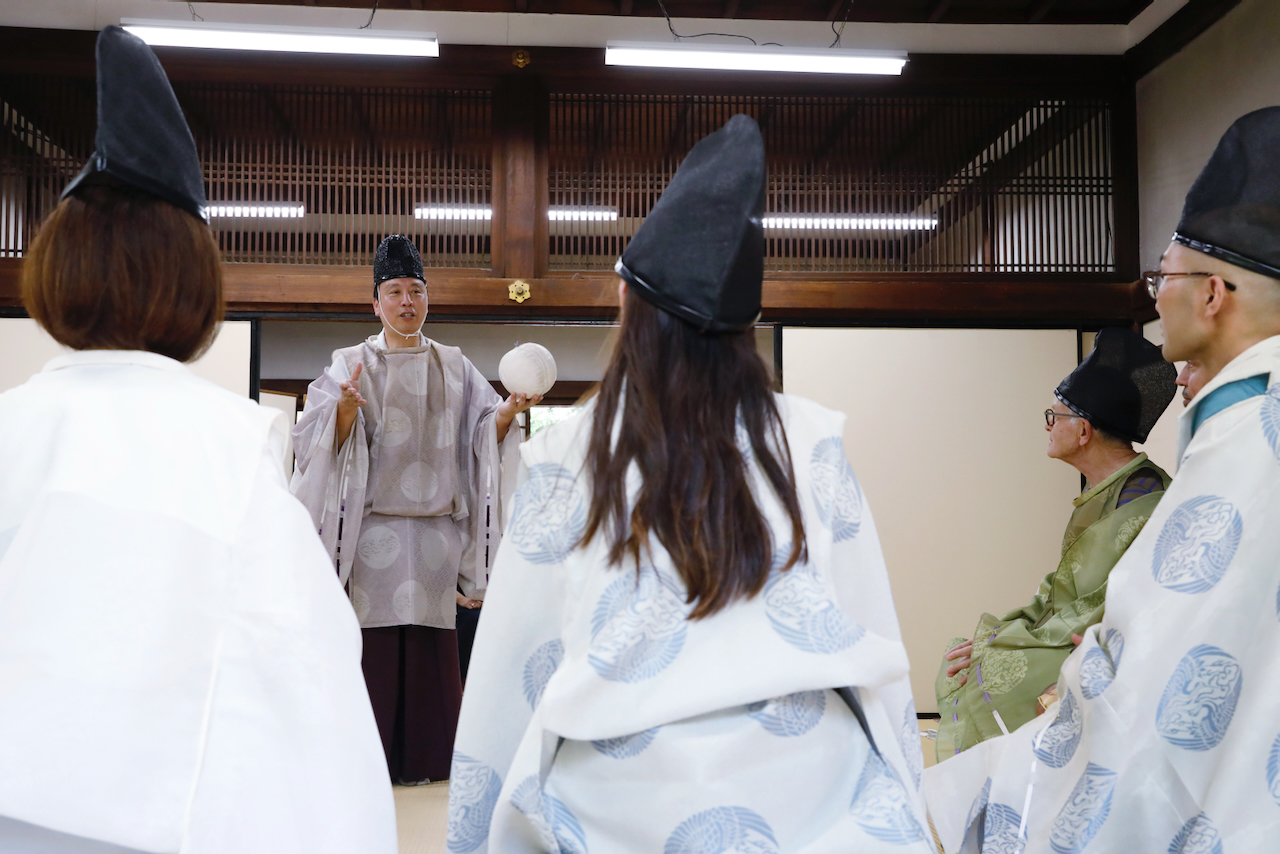
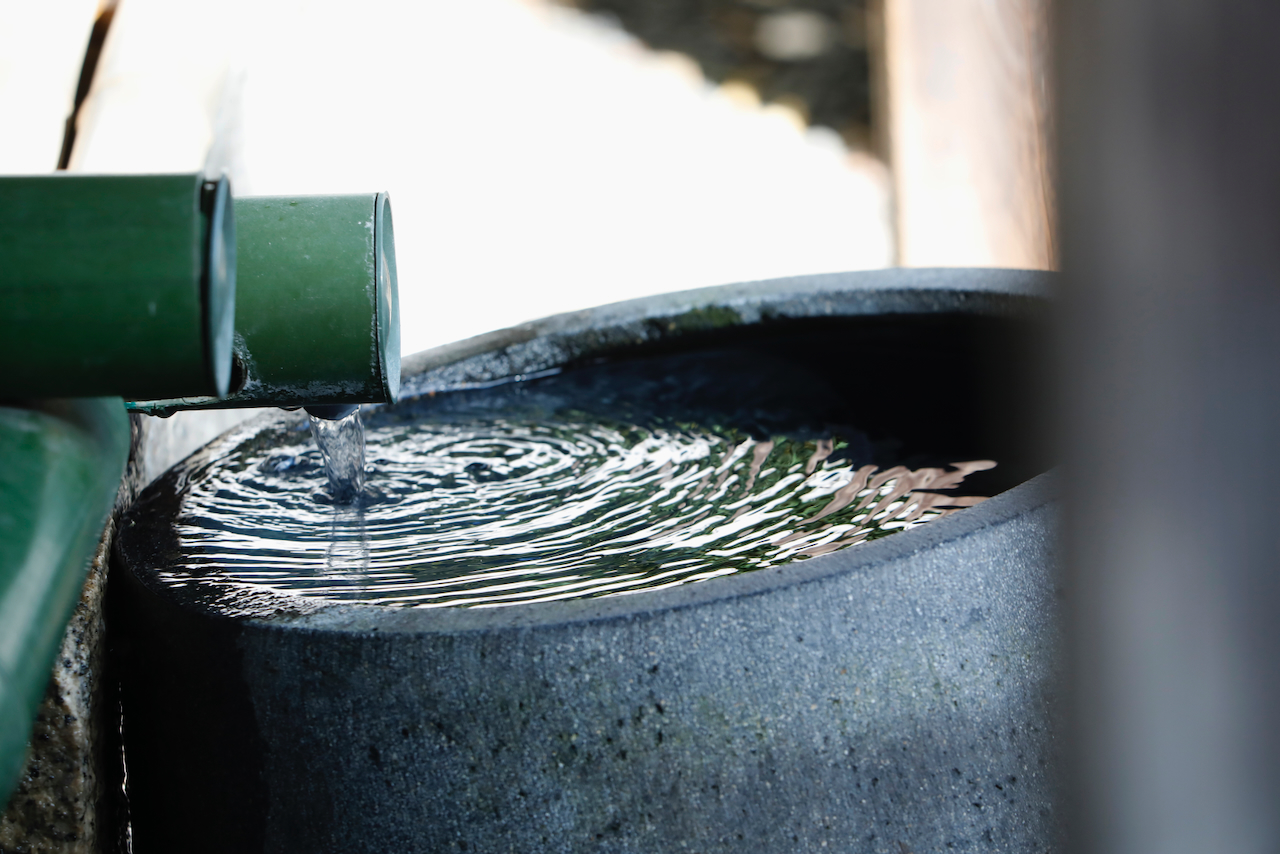
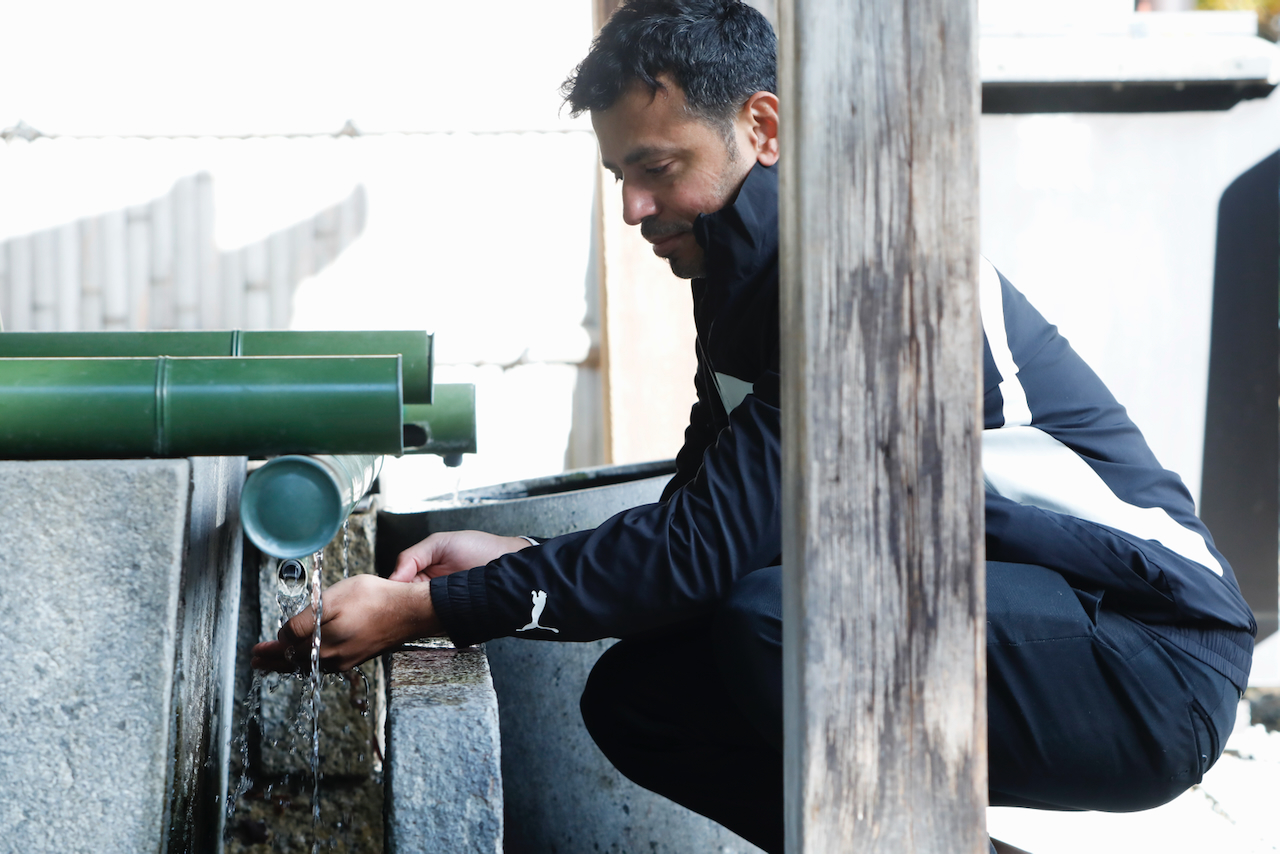
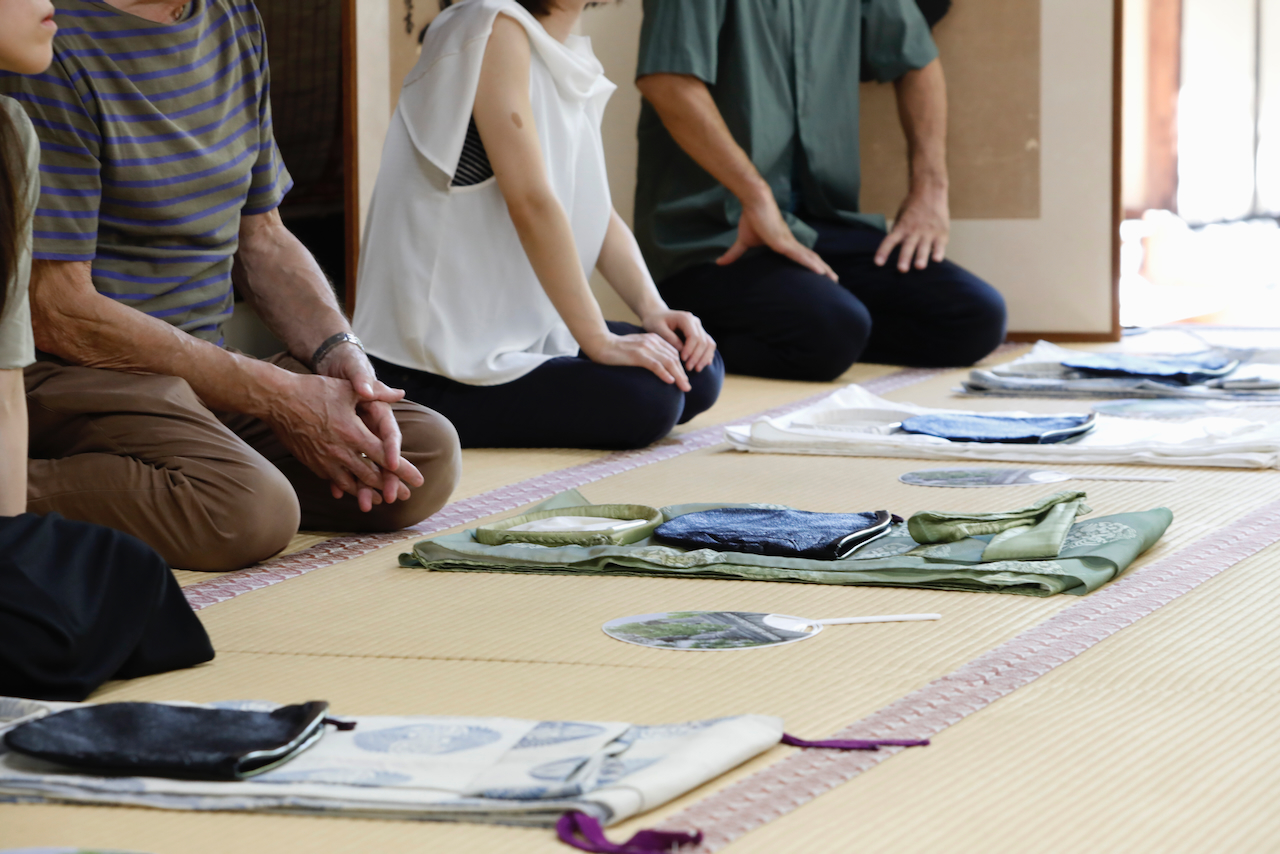
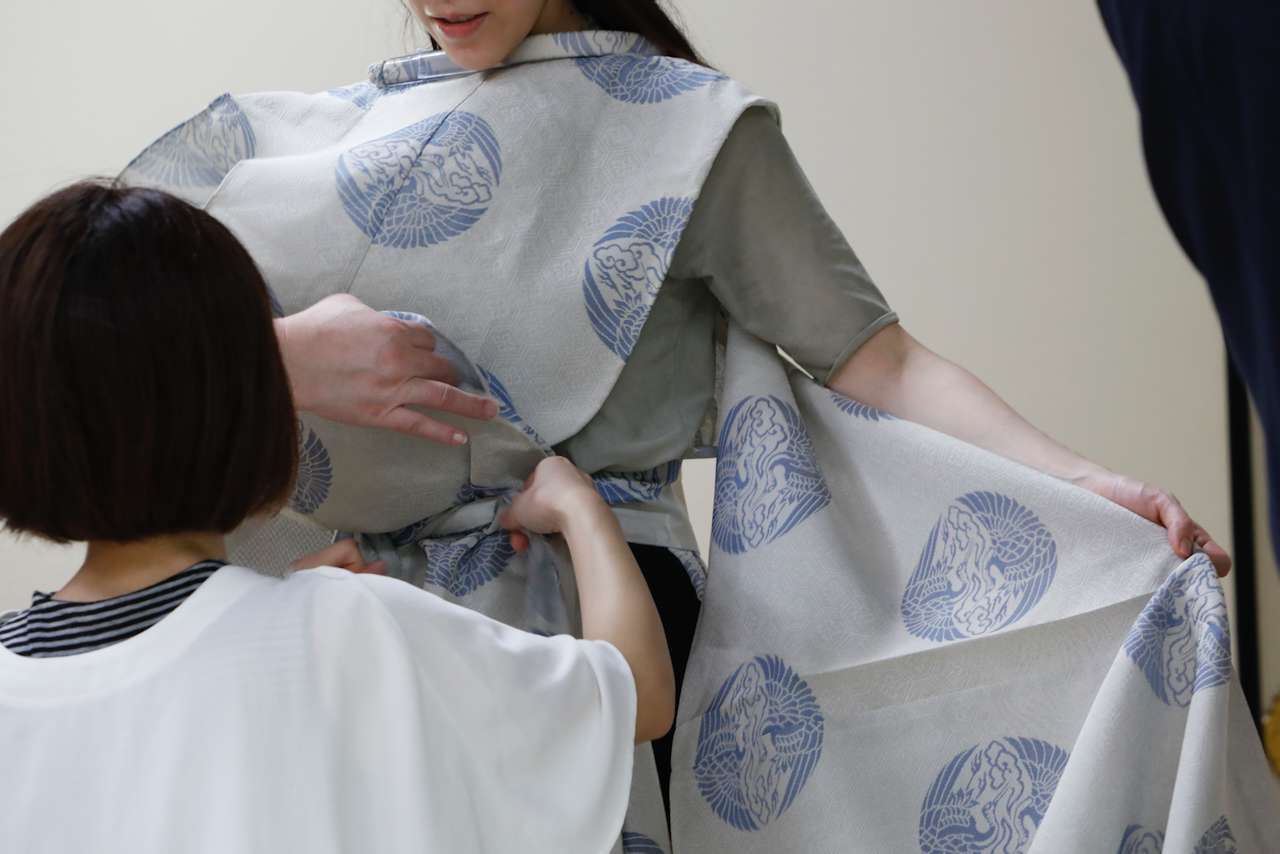
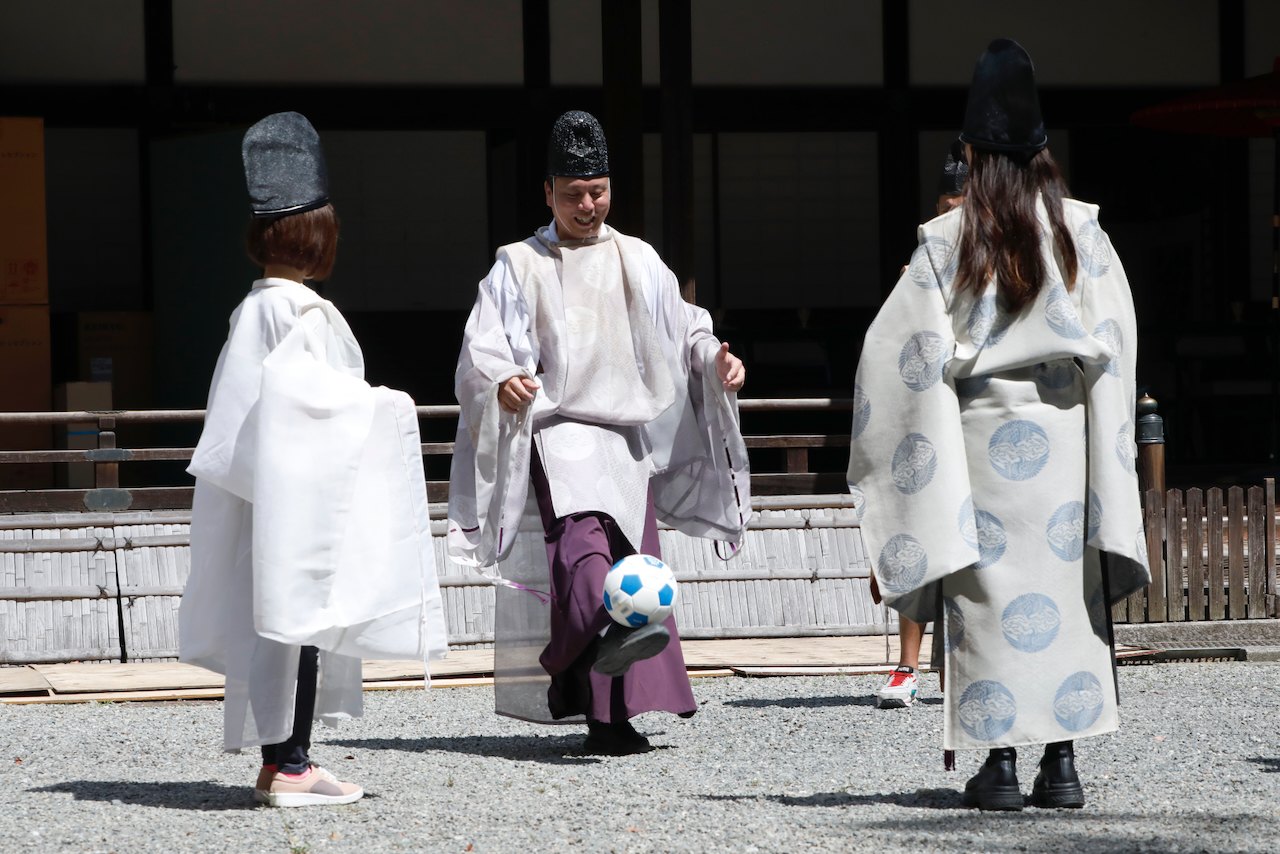
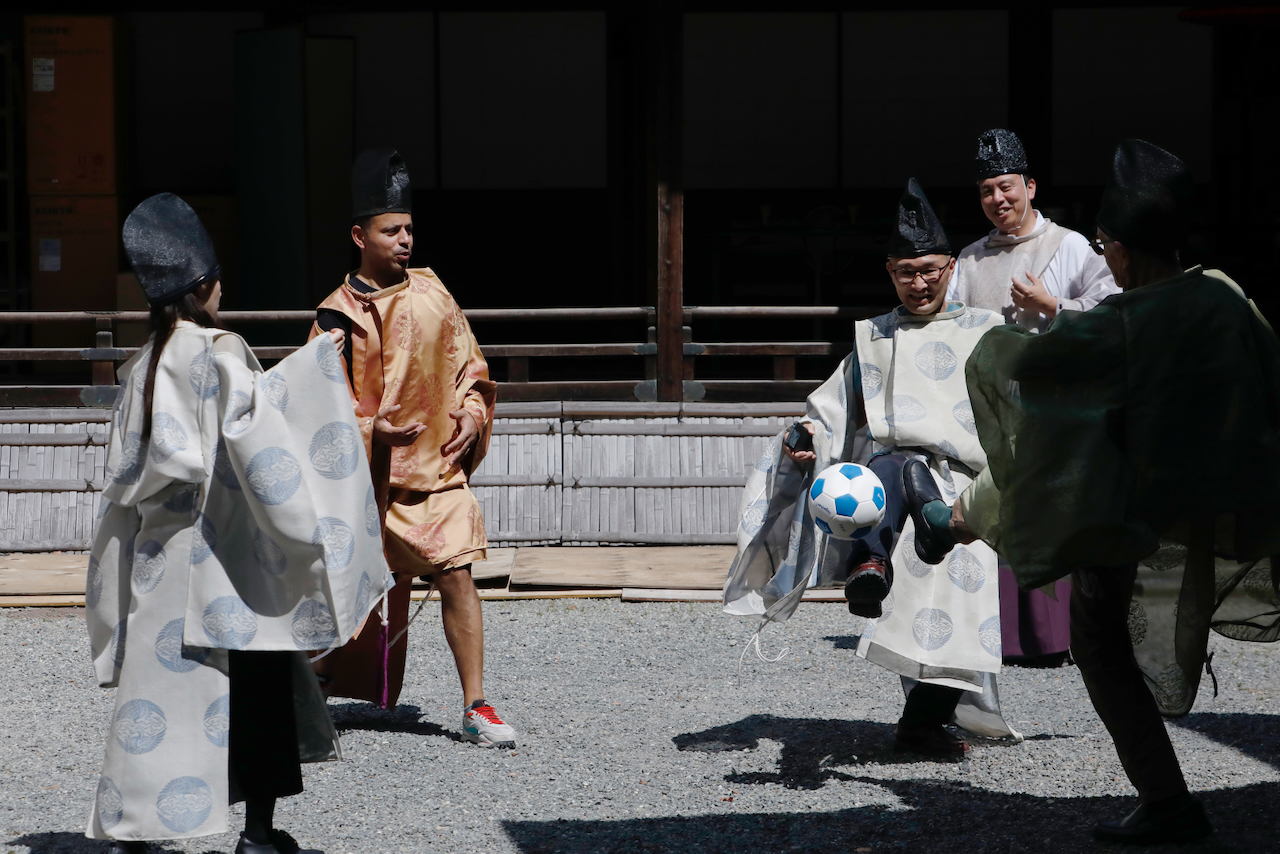
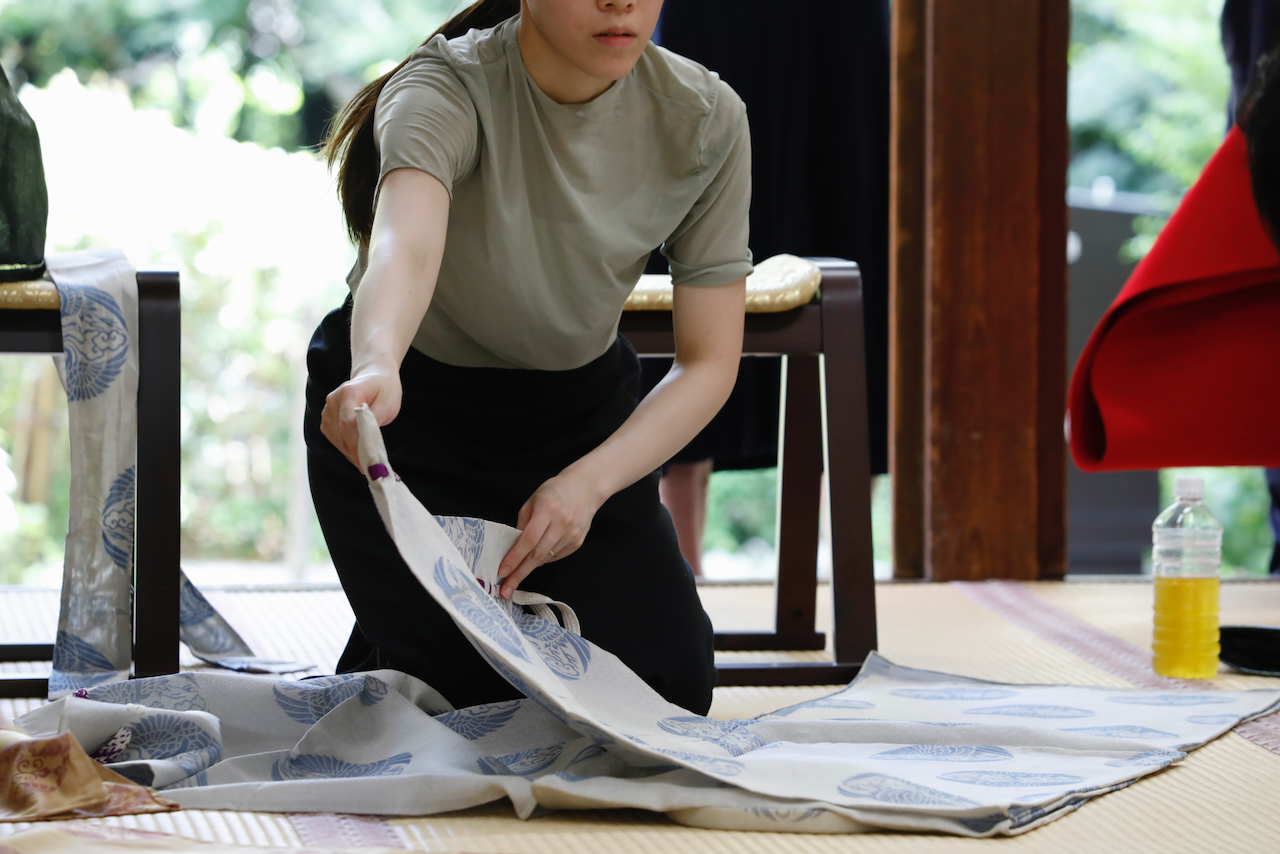
-
Following the kemari game, you will be guided by the shrine priests through the traditional process of folding the kariginu attire, completing the full ritual of preparation and participation. This final step allows you to appreciate the care and respect given to these ceremonial garments.
Afterward, you will take part in a traditional tea ceremony, where the sacred water of Minase Jingu Shrine is used to prepare matcha. This peaceful ritual offers a moment to appreciate the artistry and tranquility of Japanese culture, completing your journey at the shrine.
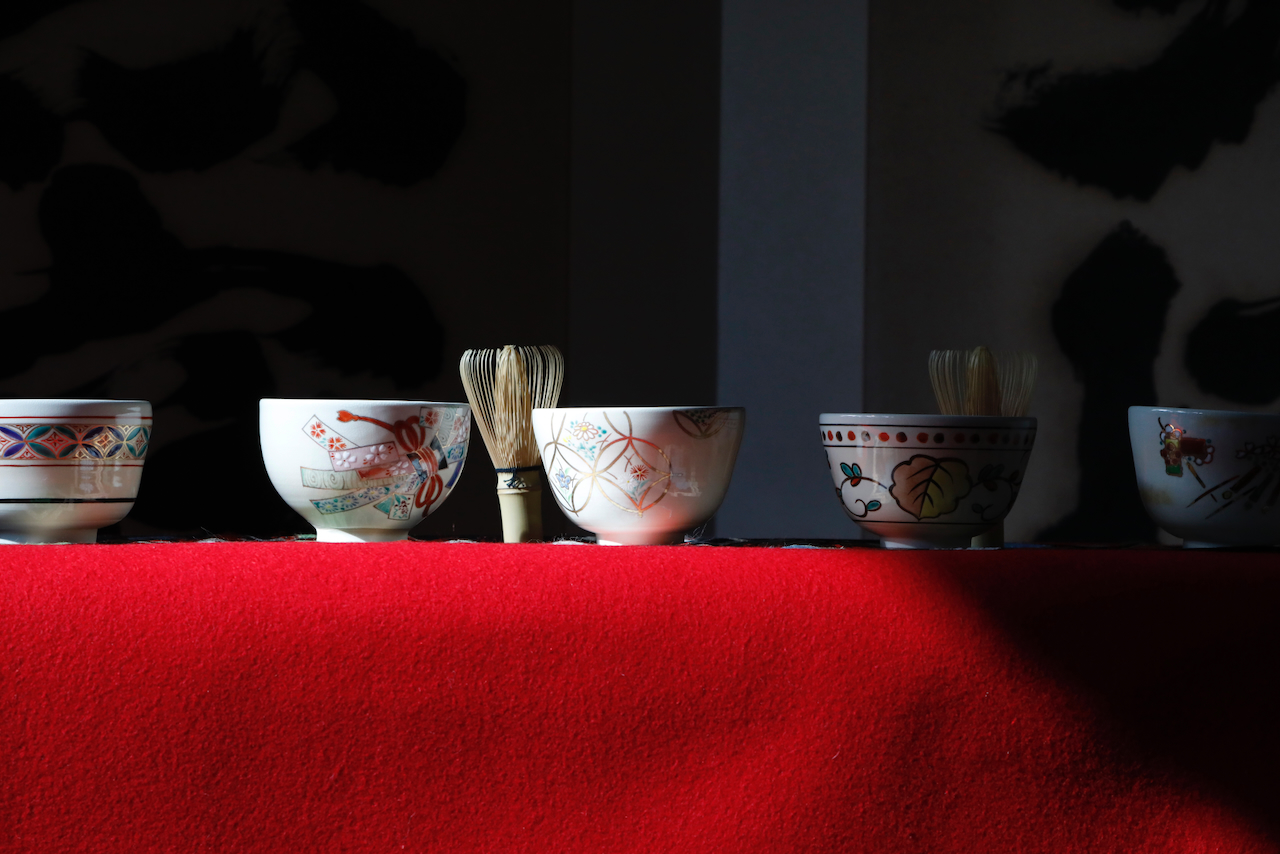
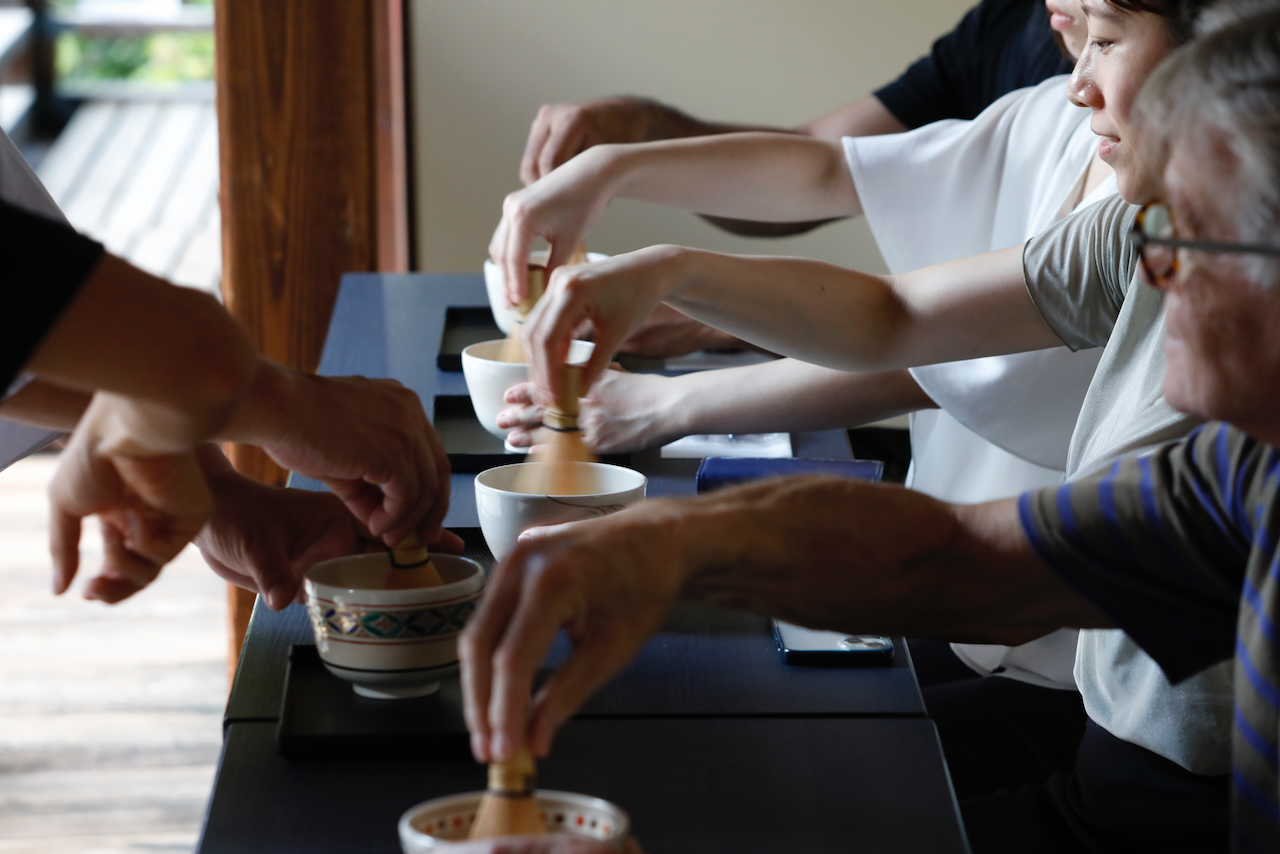
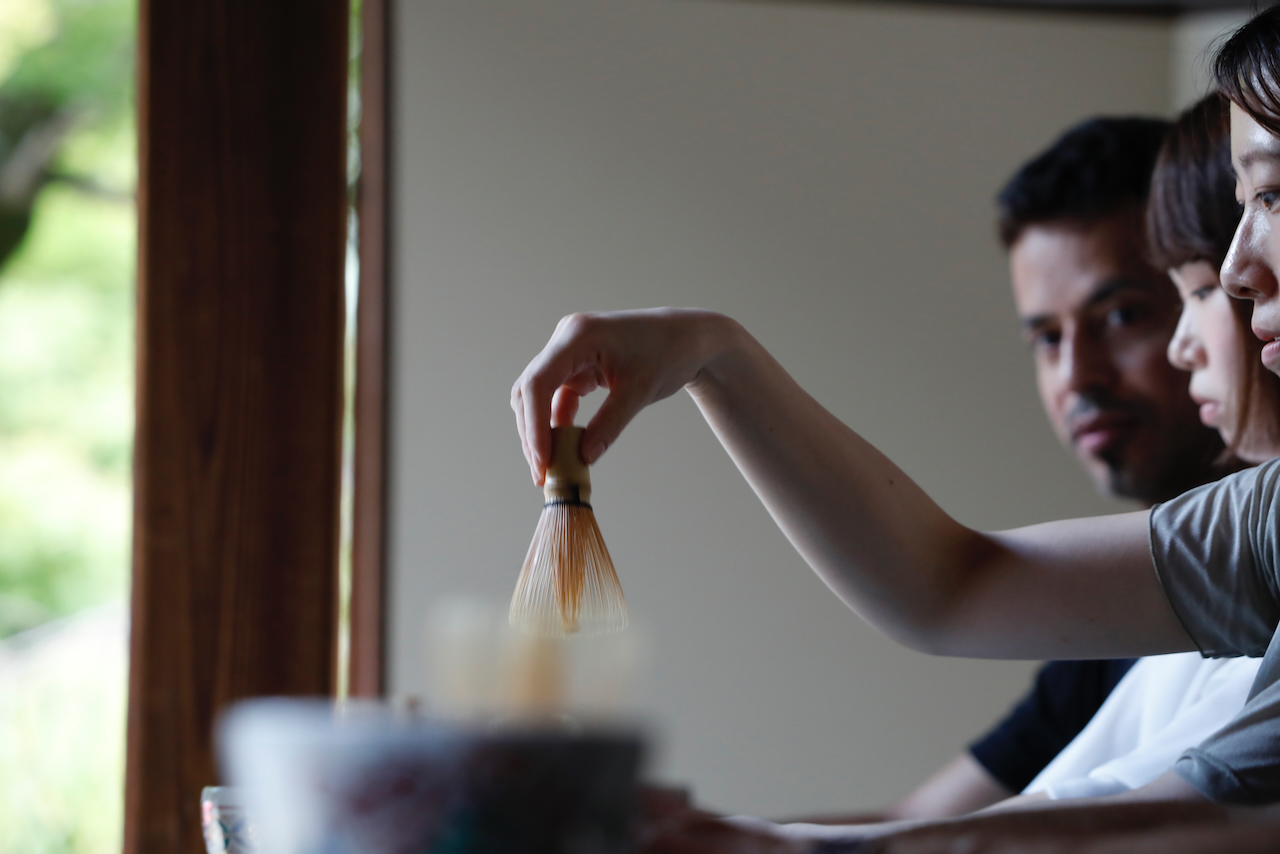
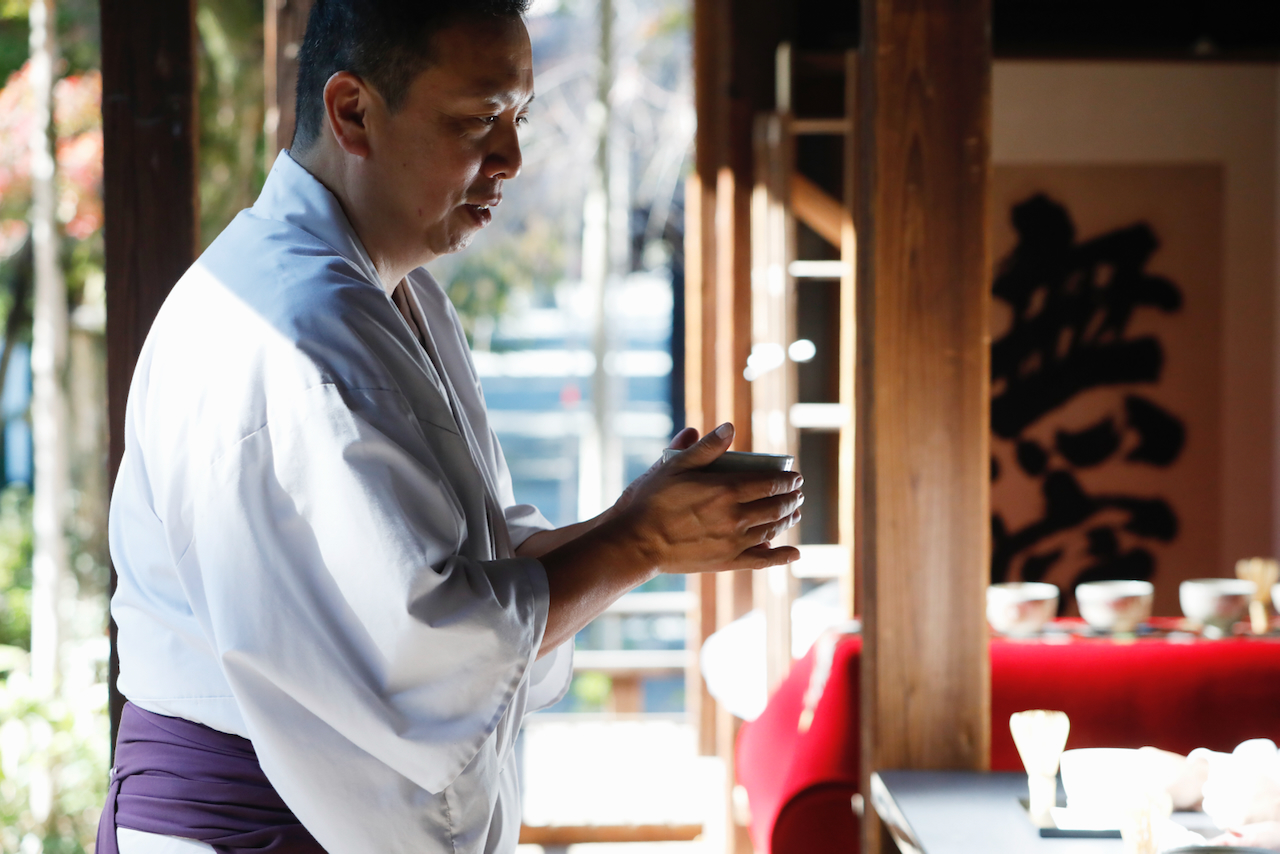
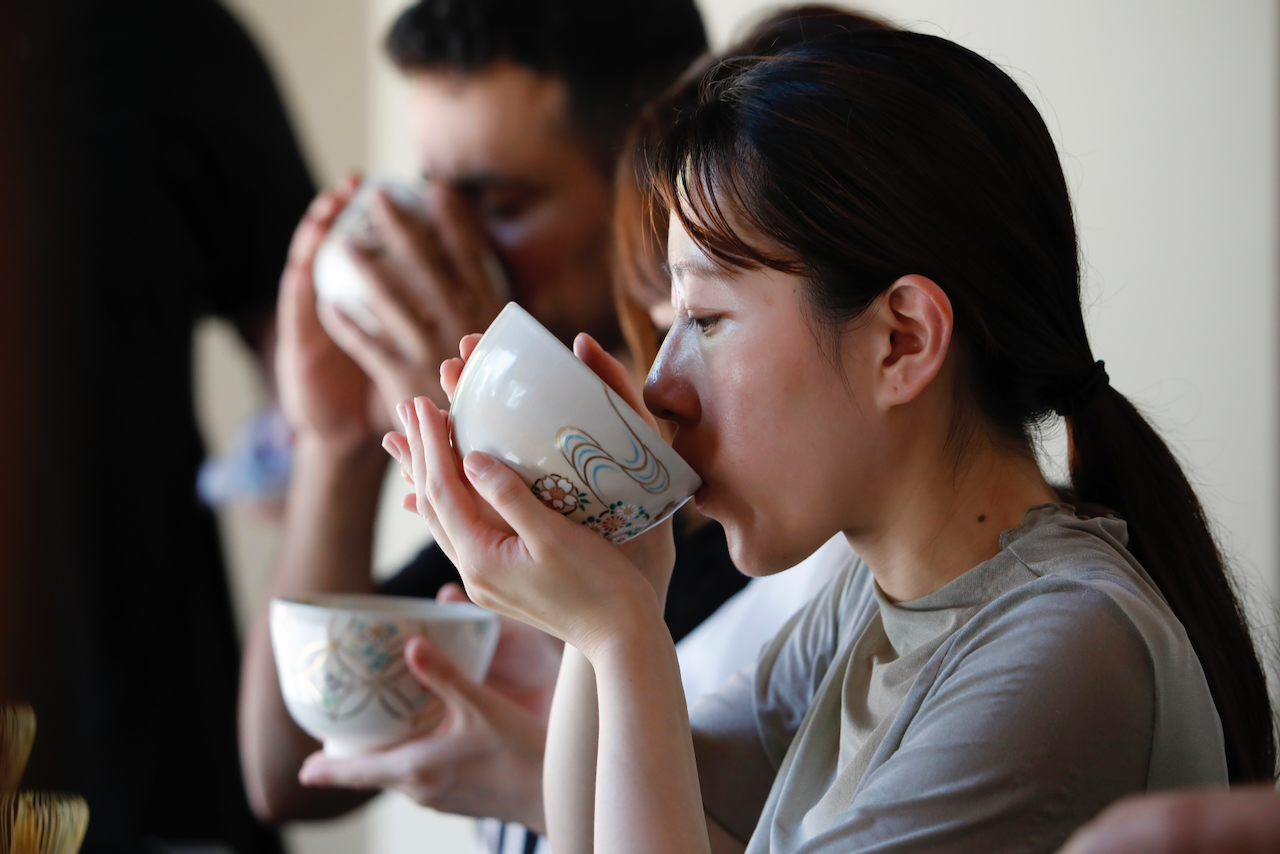
- The Place Loved by Emperor Go-Toba
-
Minase Jingu Shrine, established over 700 years ago, is steeped in history and cultural significance. The shrine was built on the site of Emperor Go-Toba’s imperial villa, a place he cherished deeply. Over 800 years ago, Emperor Go-Toba frequently visited Minase, engaging in diverse activities such as poetry, dance, kemari, and tea ceremonies.
After his exile to Oki Island due to his involvement in a civil war, Minase Shrine was constructed to honor Emperor Go-Toba and two other emperors. The shrine holds the prestigious title of Jingū, a designation reserved for shrines closely associated with emperors.
Emperor Go-Toba was a multifaceted figure, excelling in both the arts and martial pursuits. Revered as a deity of scholarship and sports, he continues to inspire visitors to Minase Jingu Shrine. People come to pray for academic success, athletic achievement, and safe childbirth, ensuring that his legacy and the shrine’s cultural importance endure to this day.
- He says
-
“We hope that you will know the tradition and culture of Kyo-wagashi as well as the joy of making them and our wishes.”
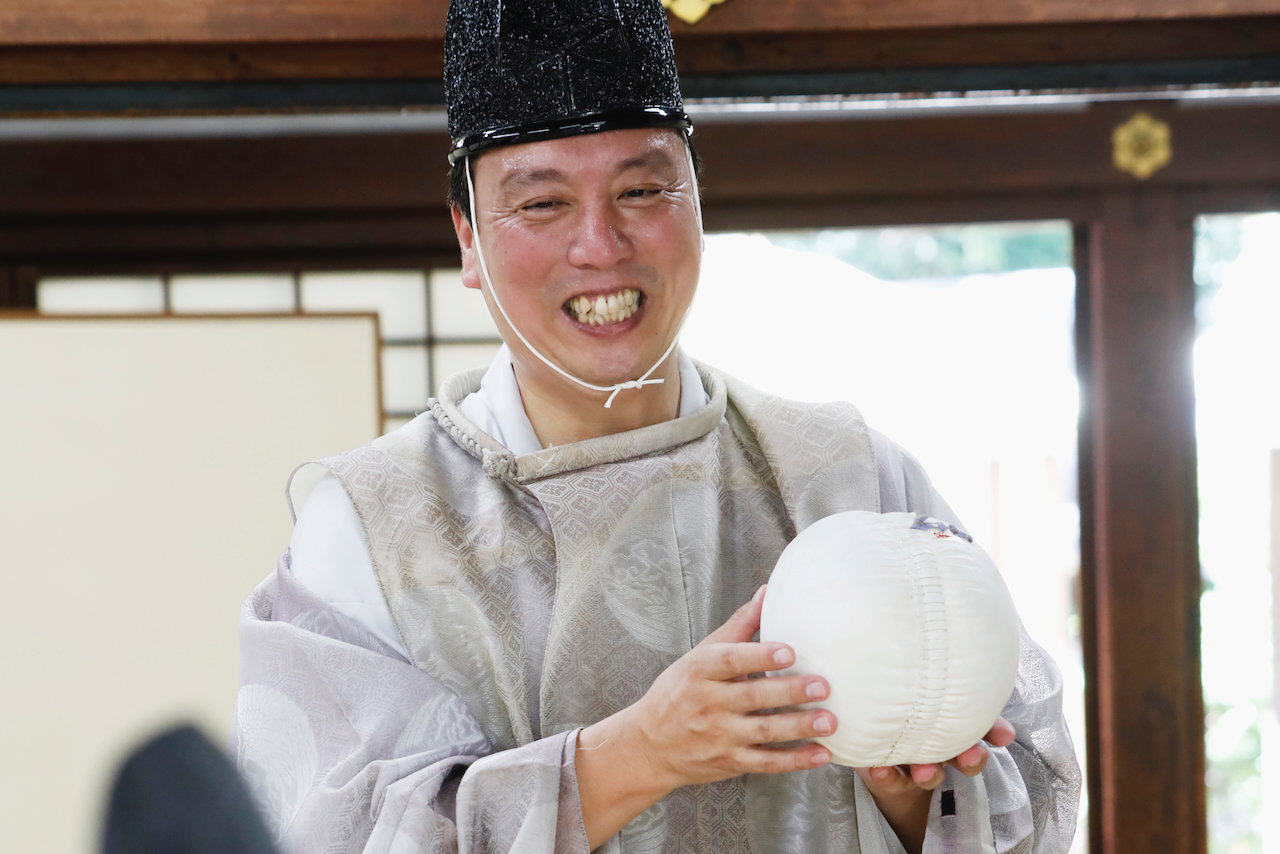
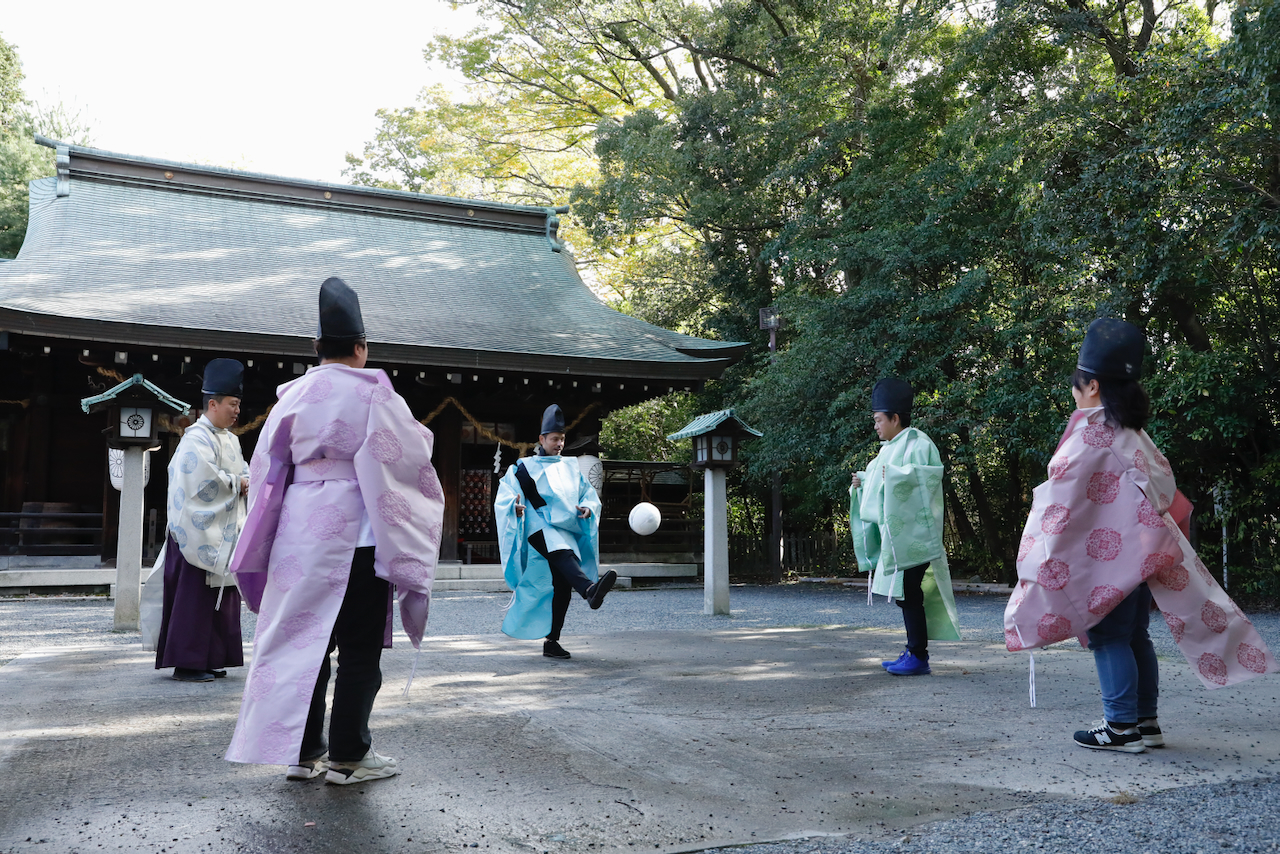
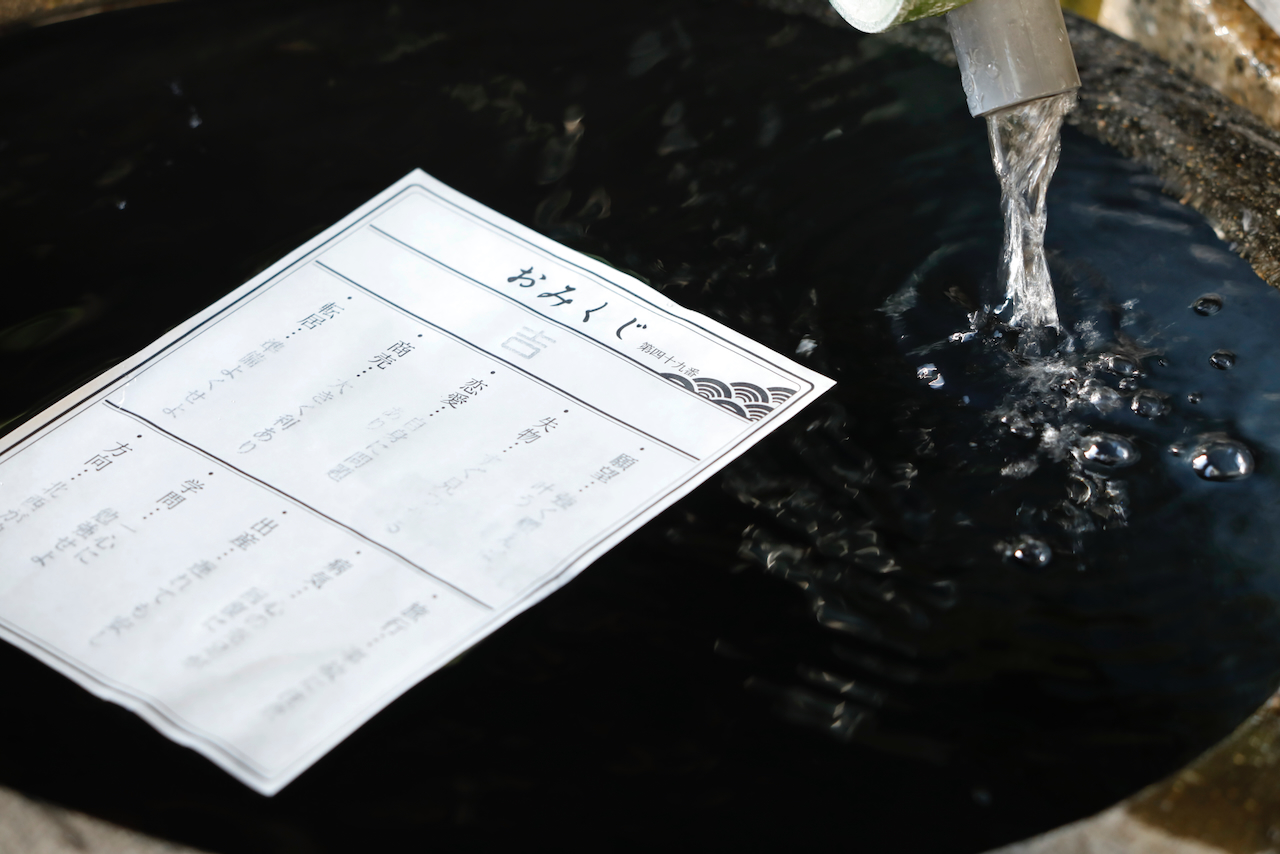
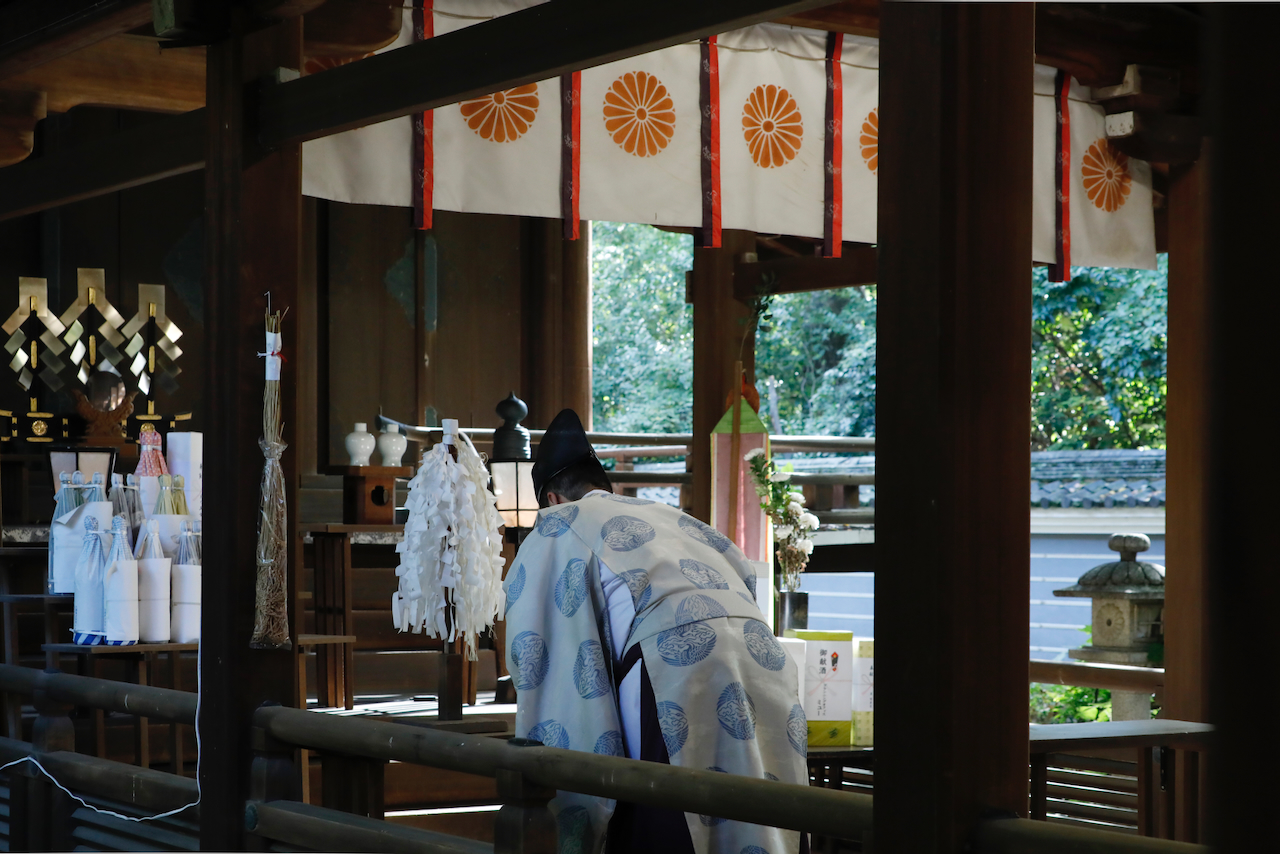
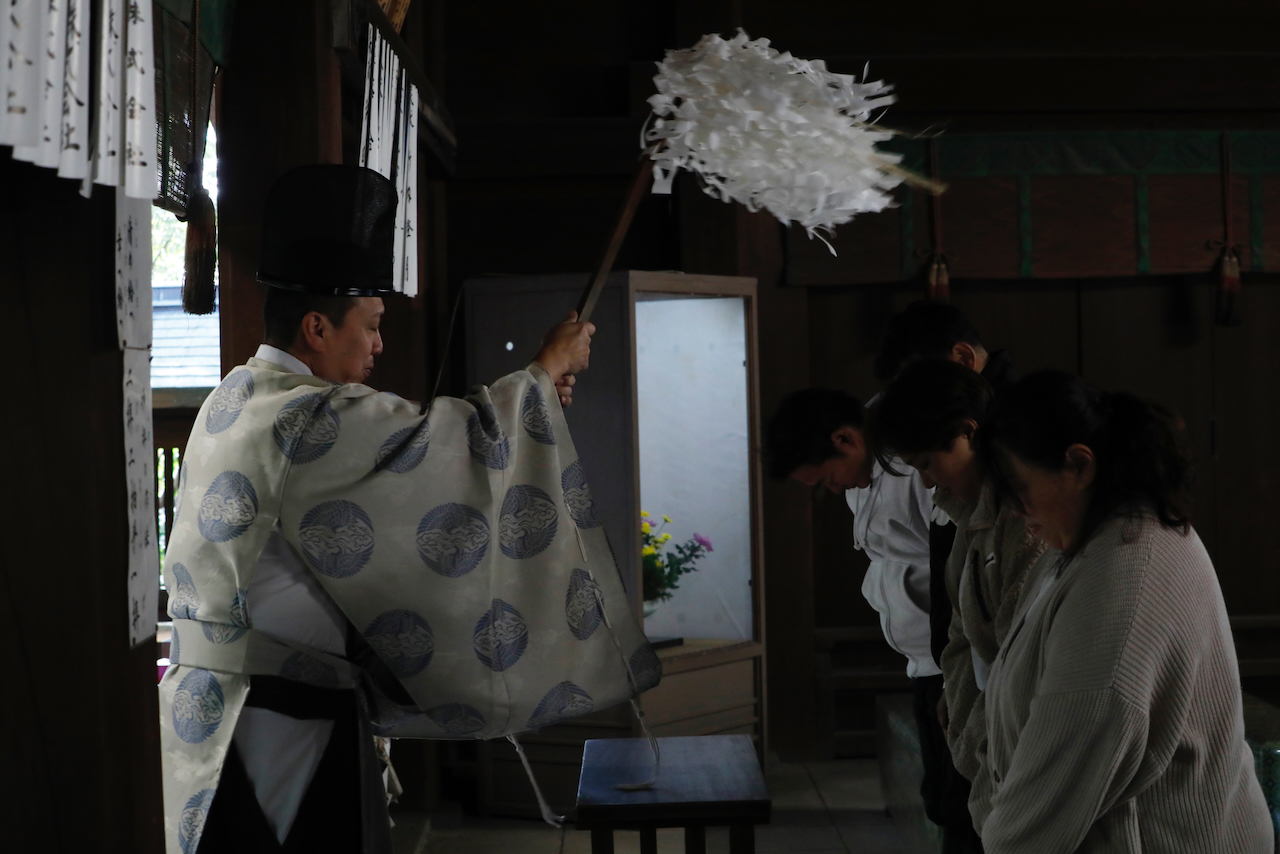
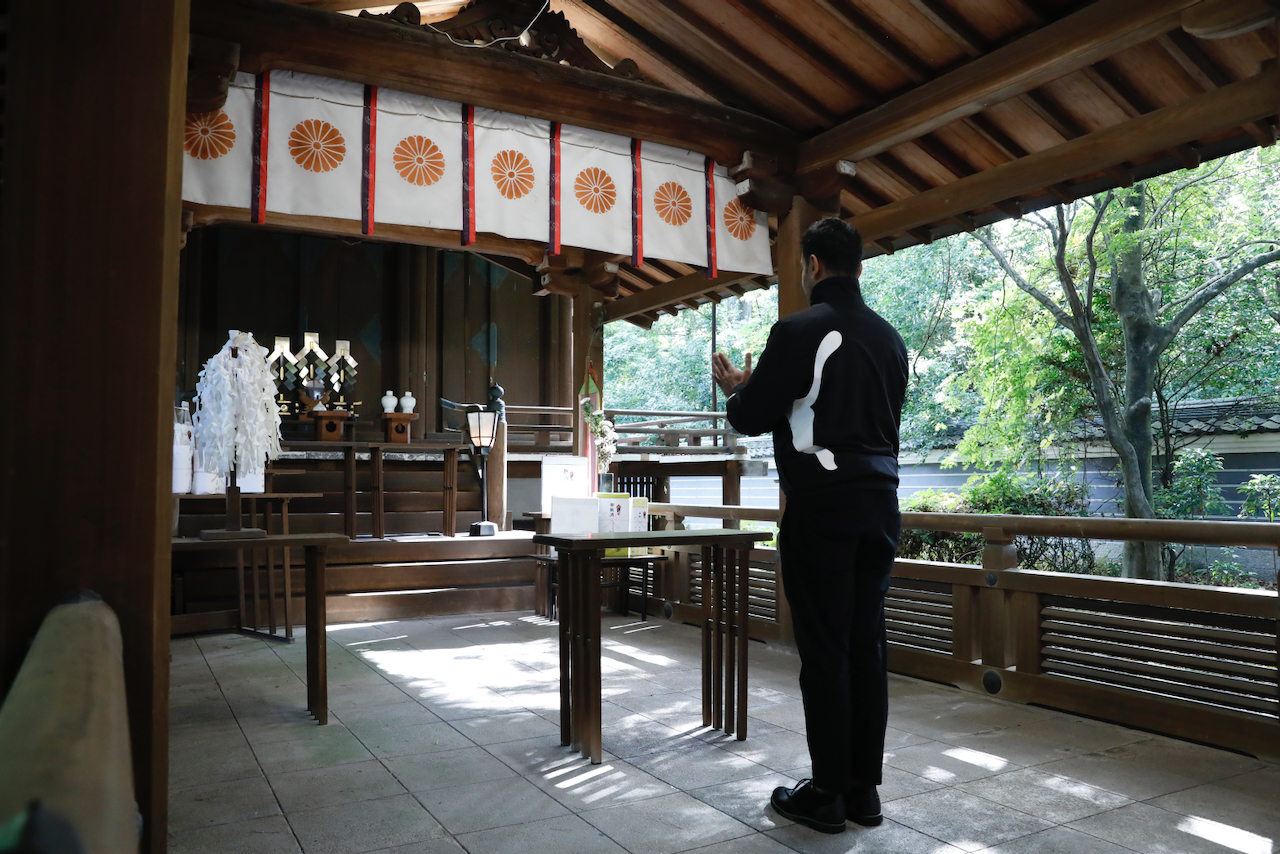
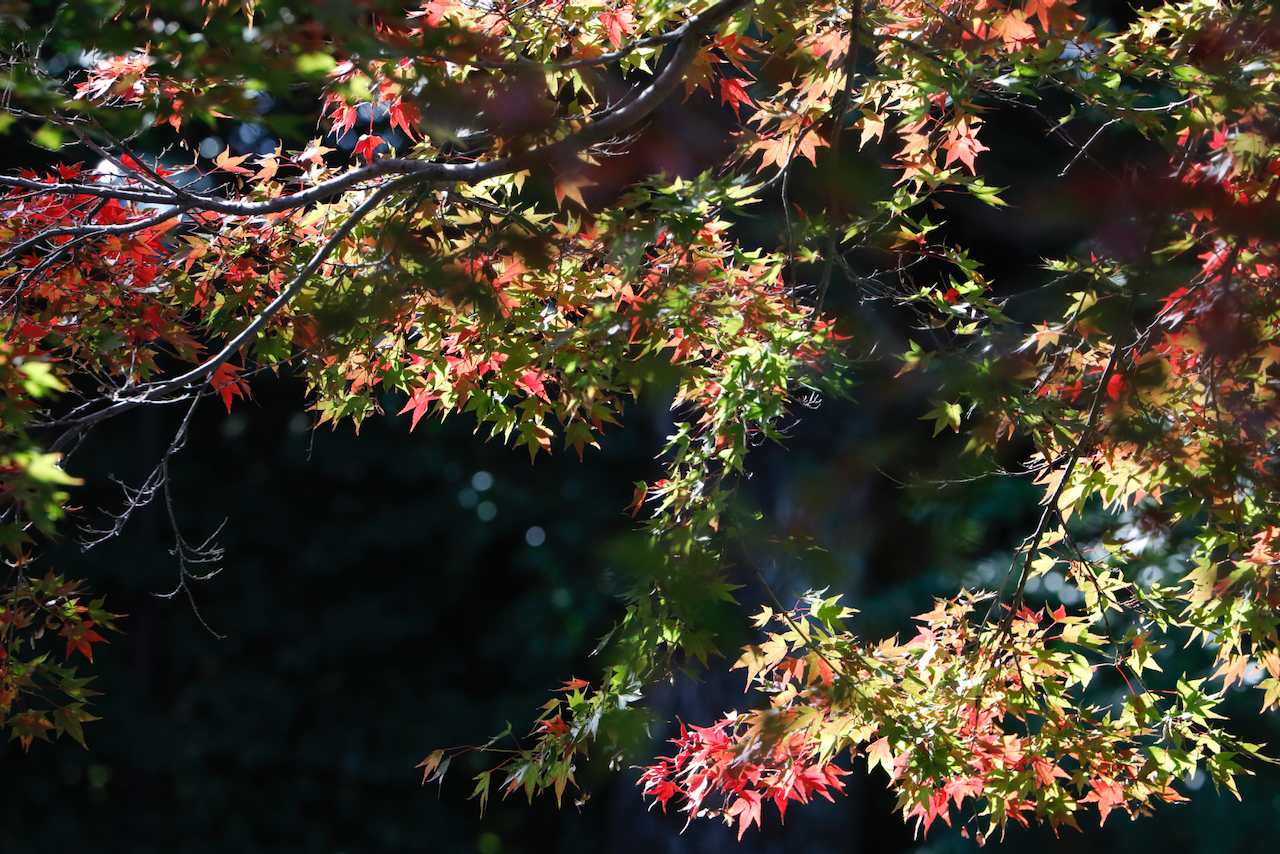
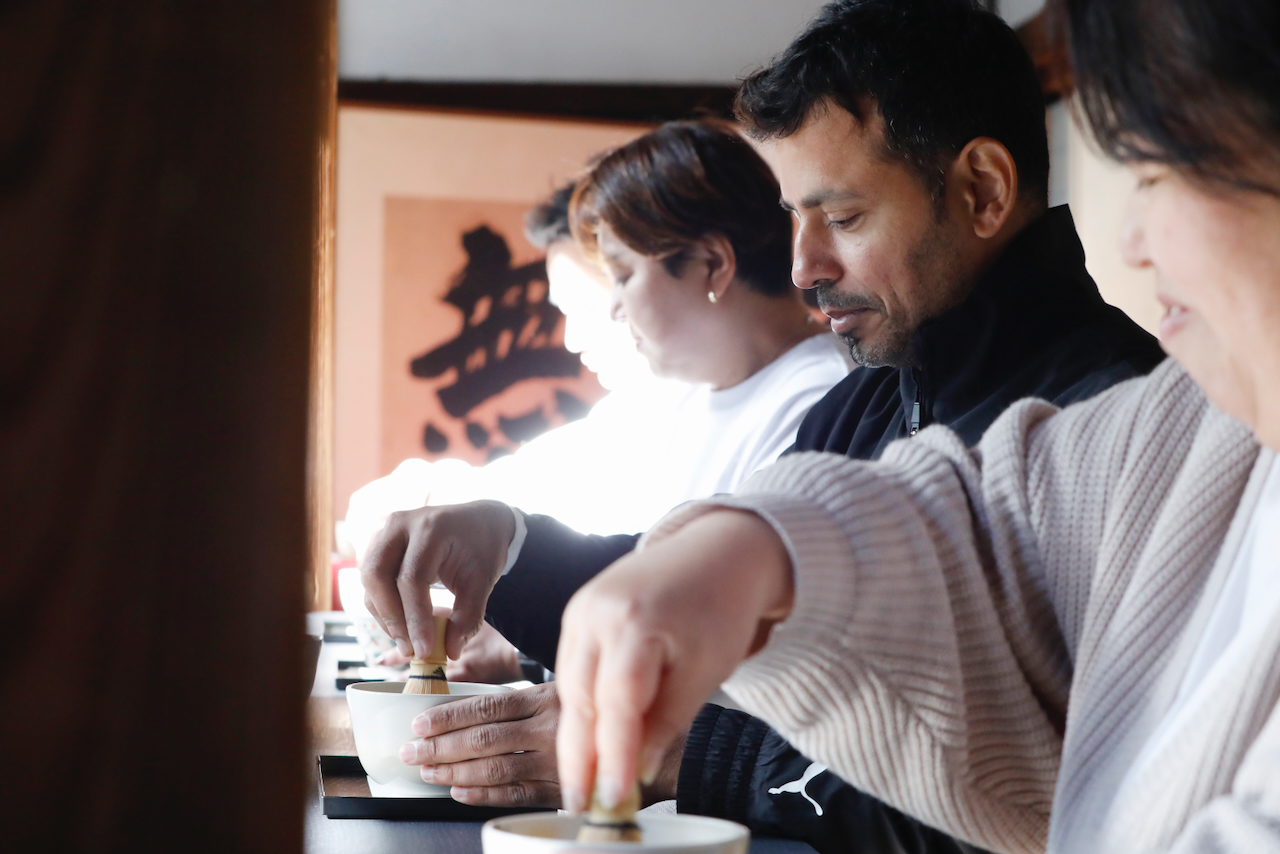
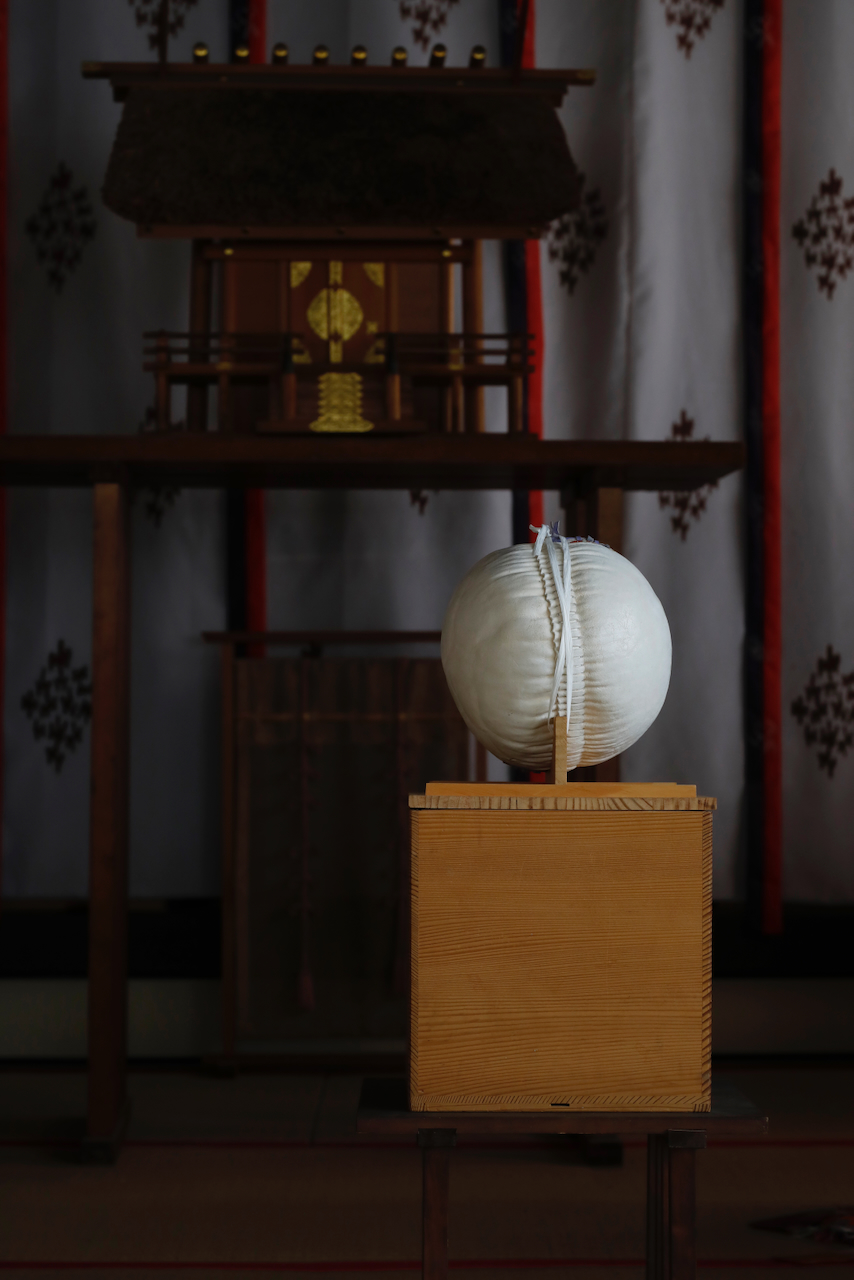
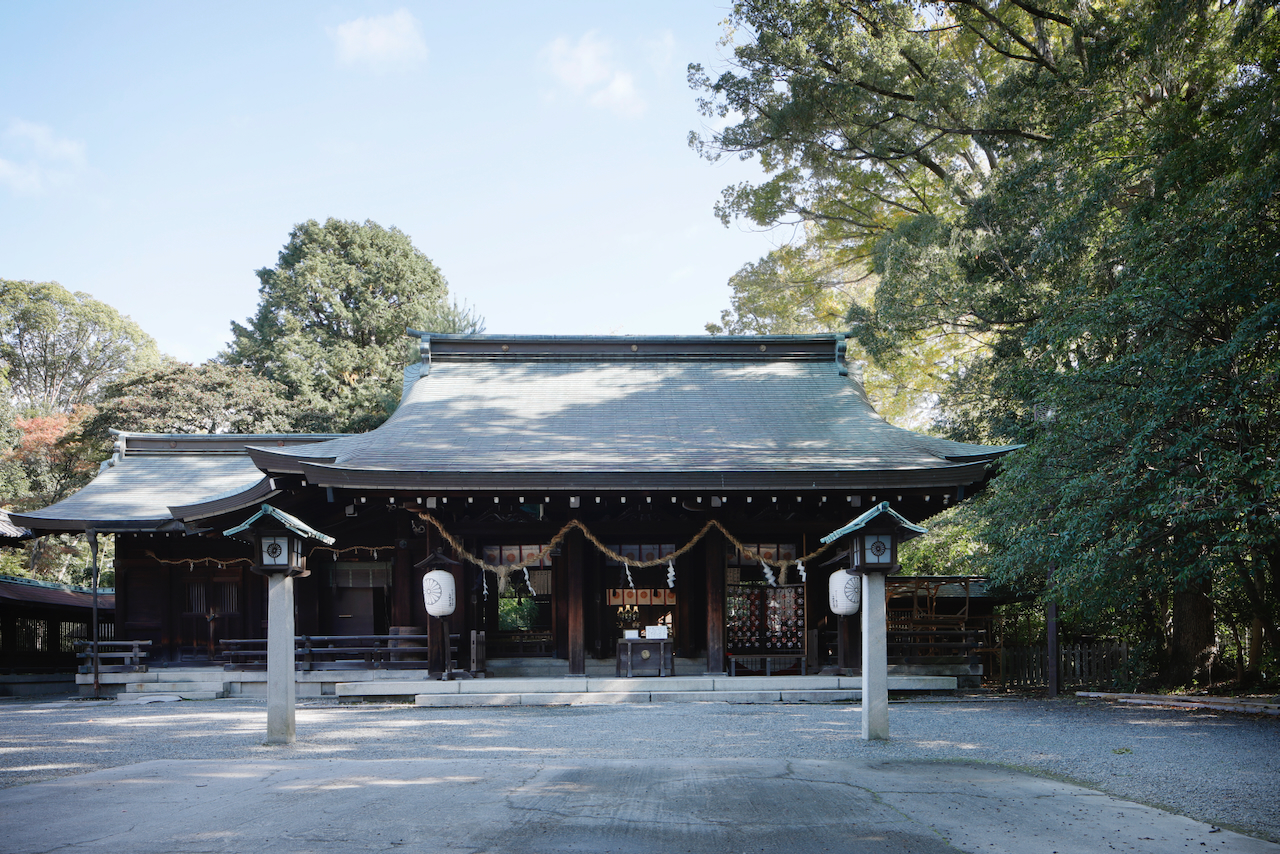
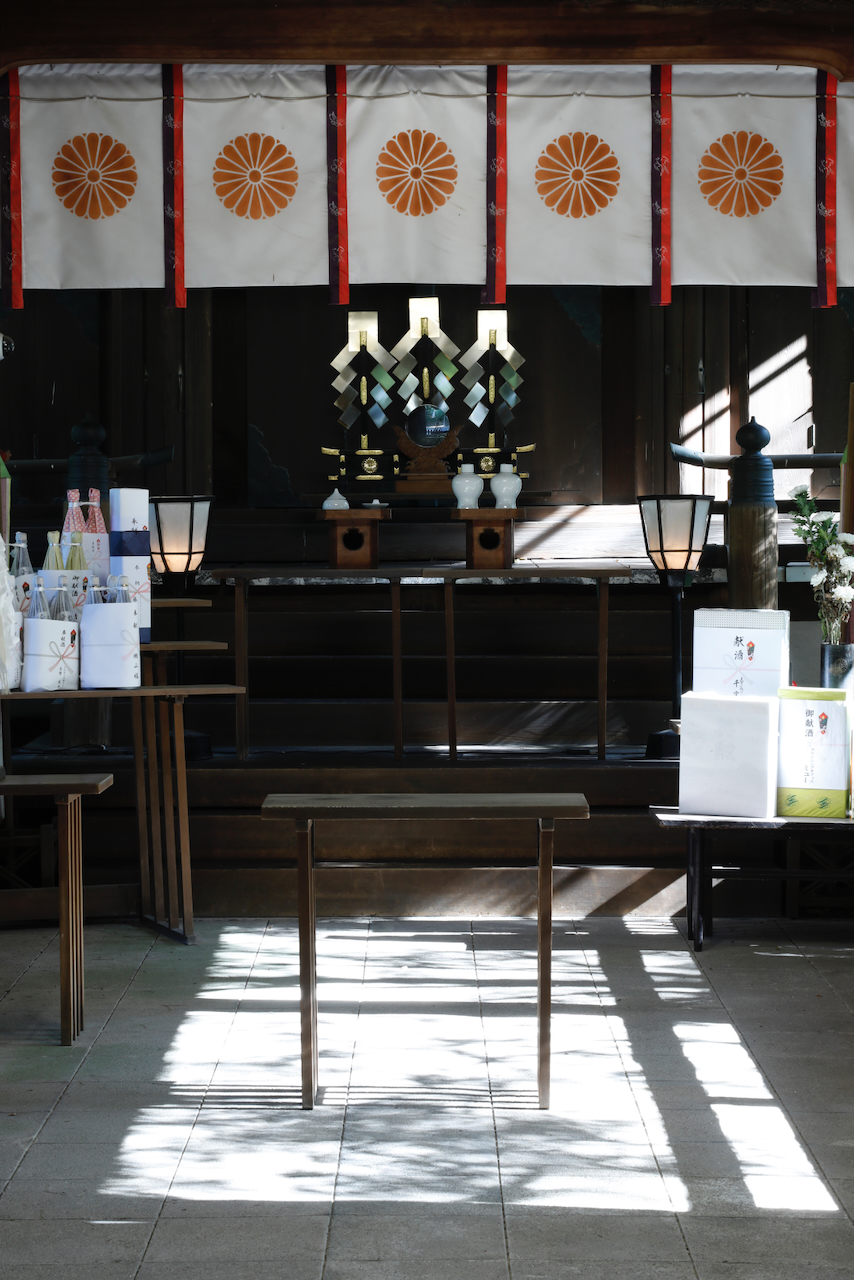
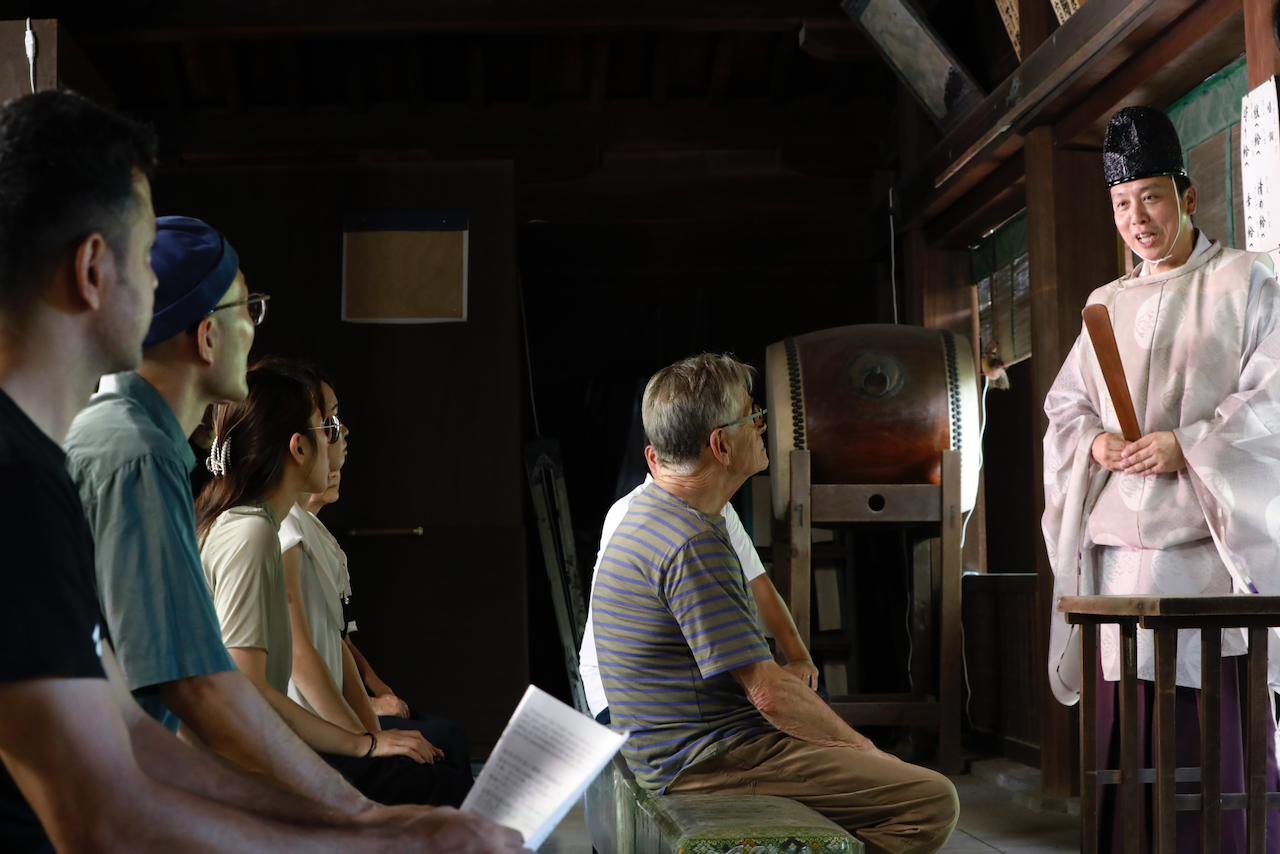
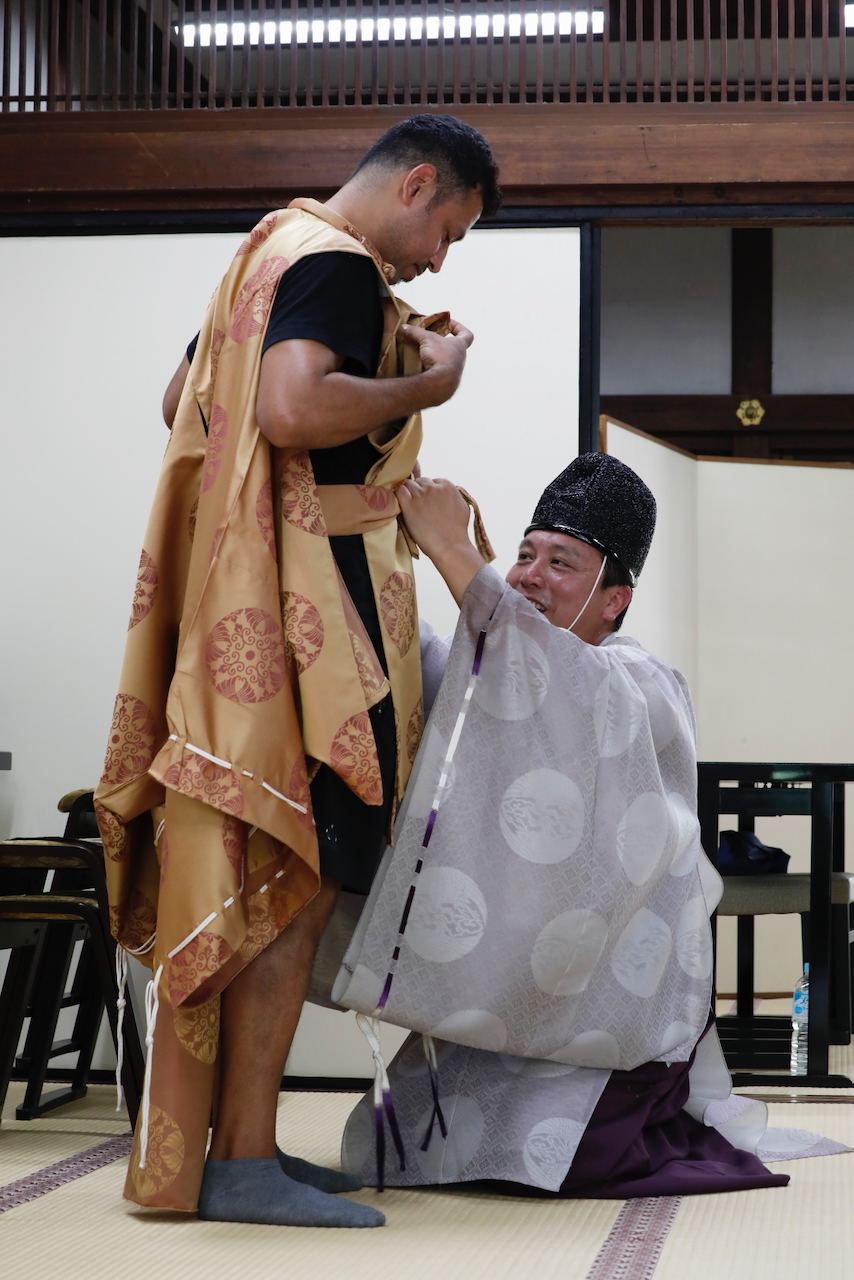
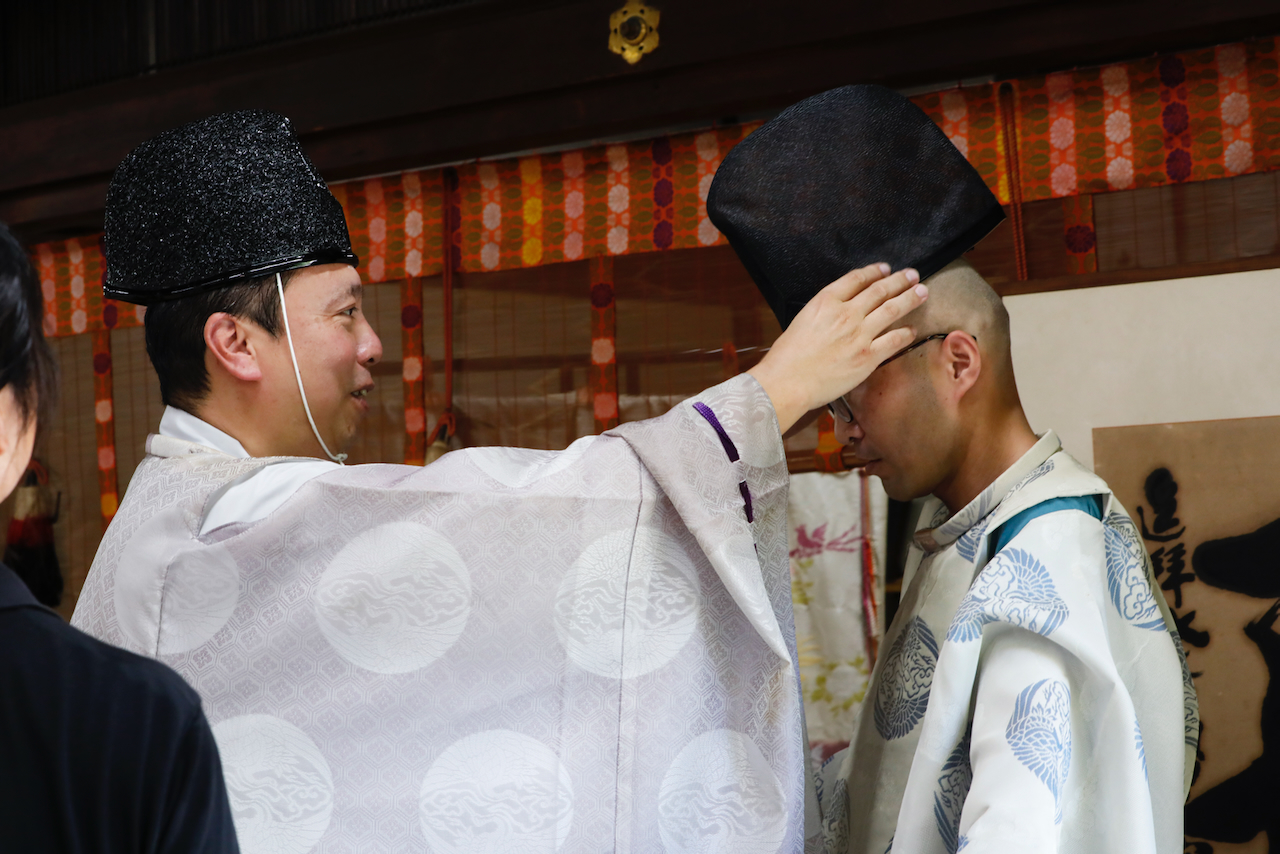
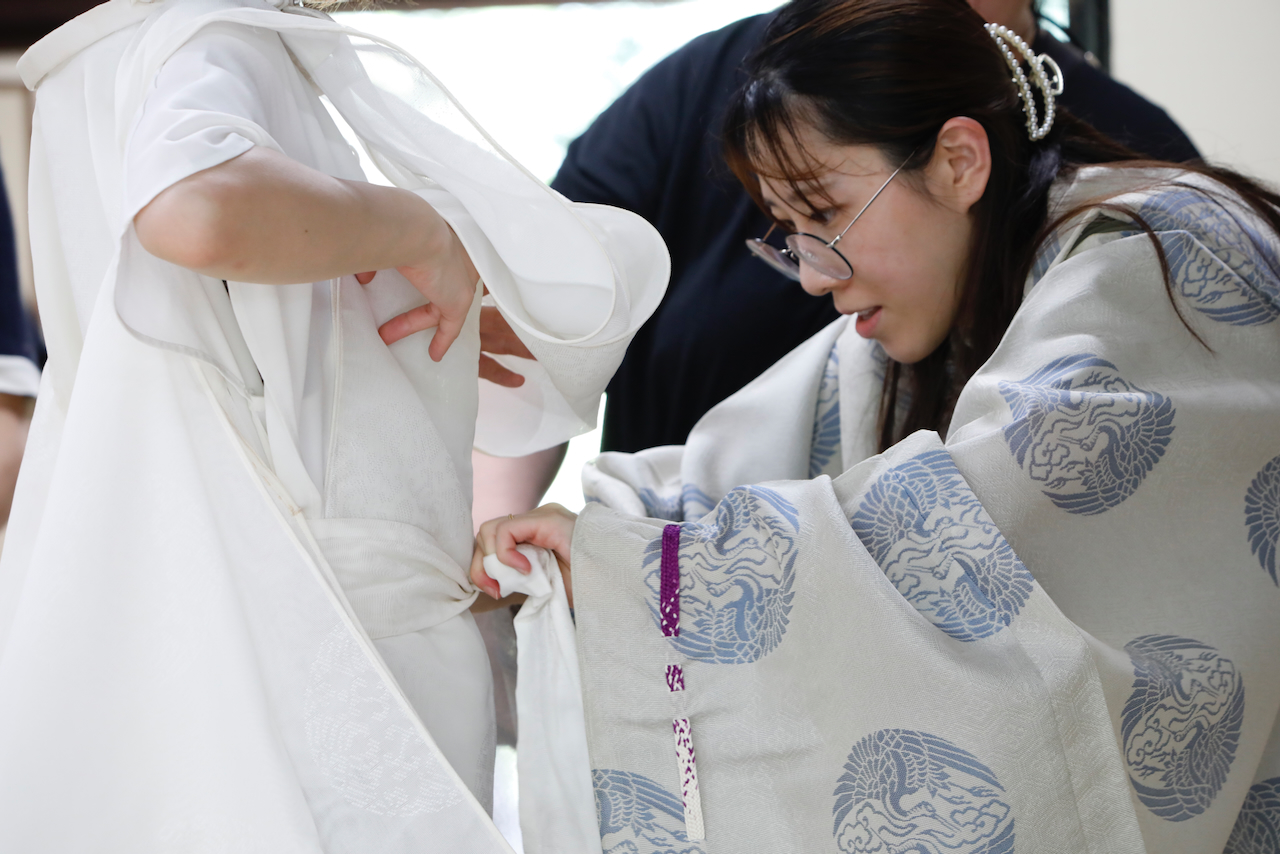
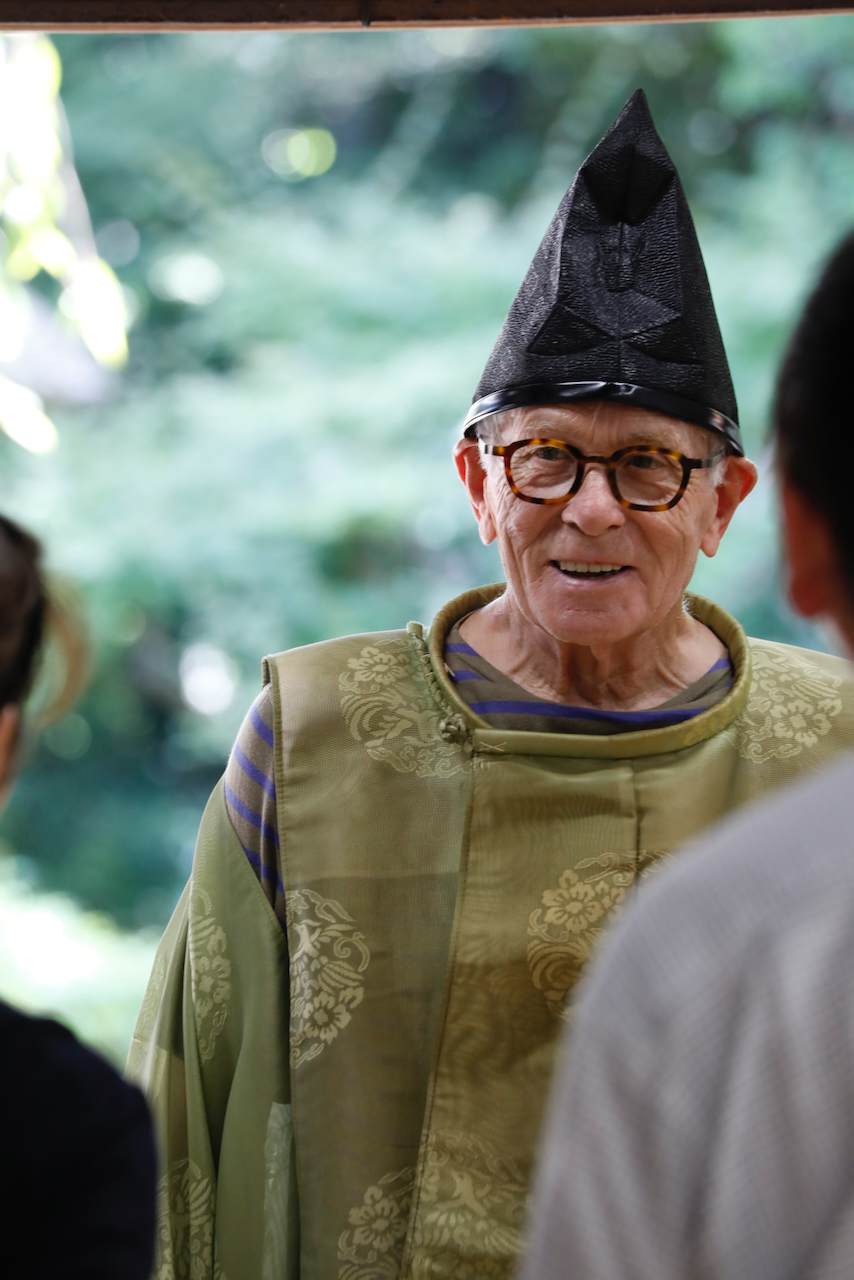
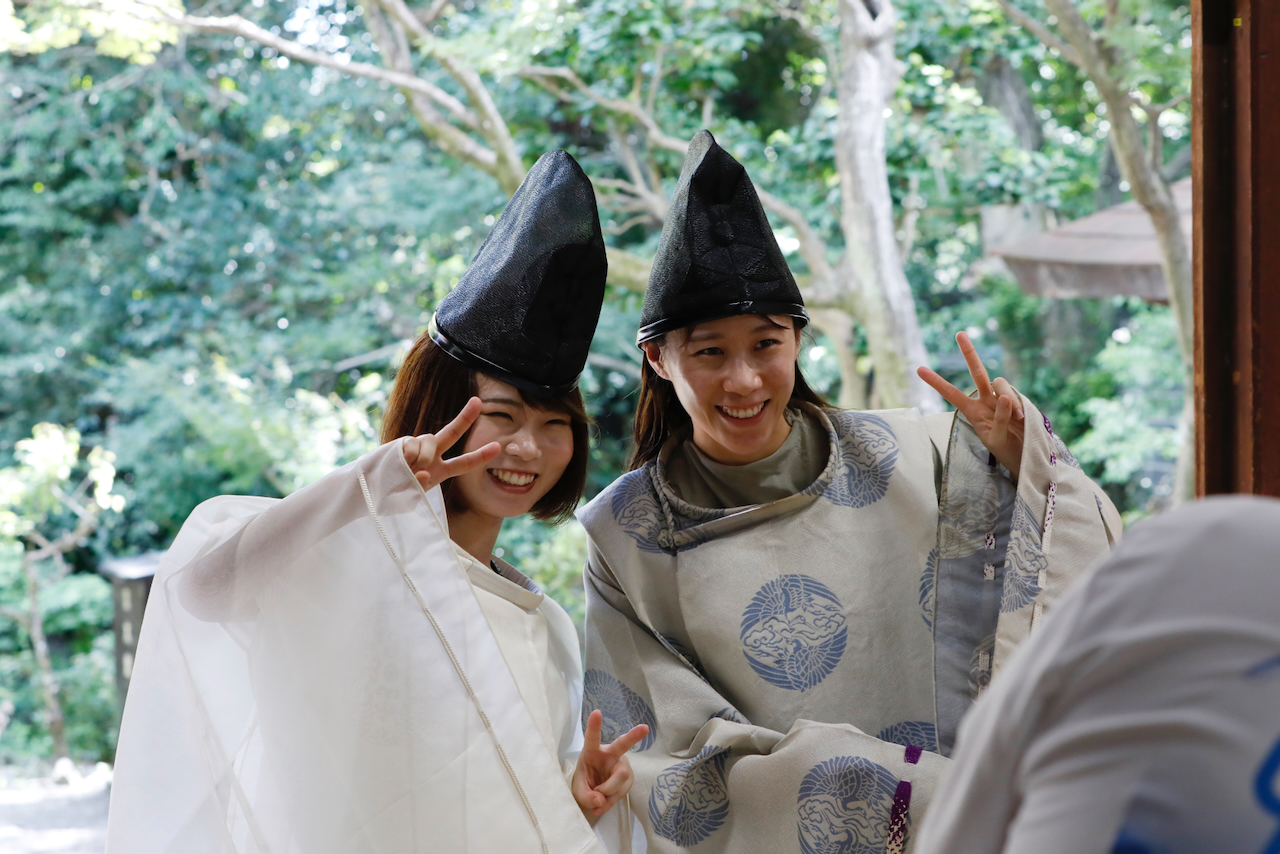
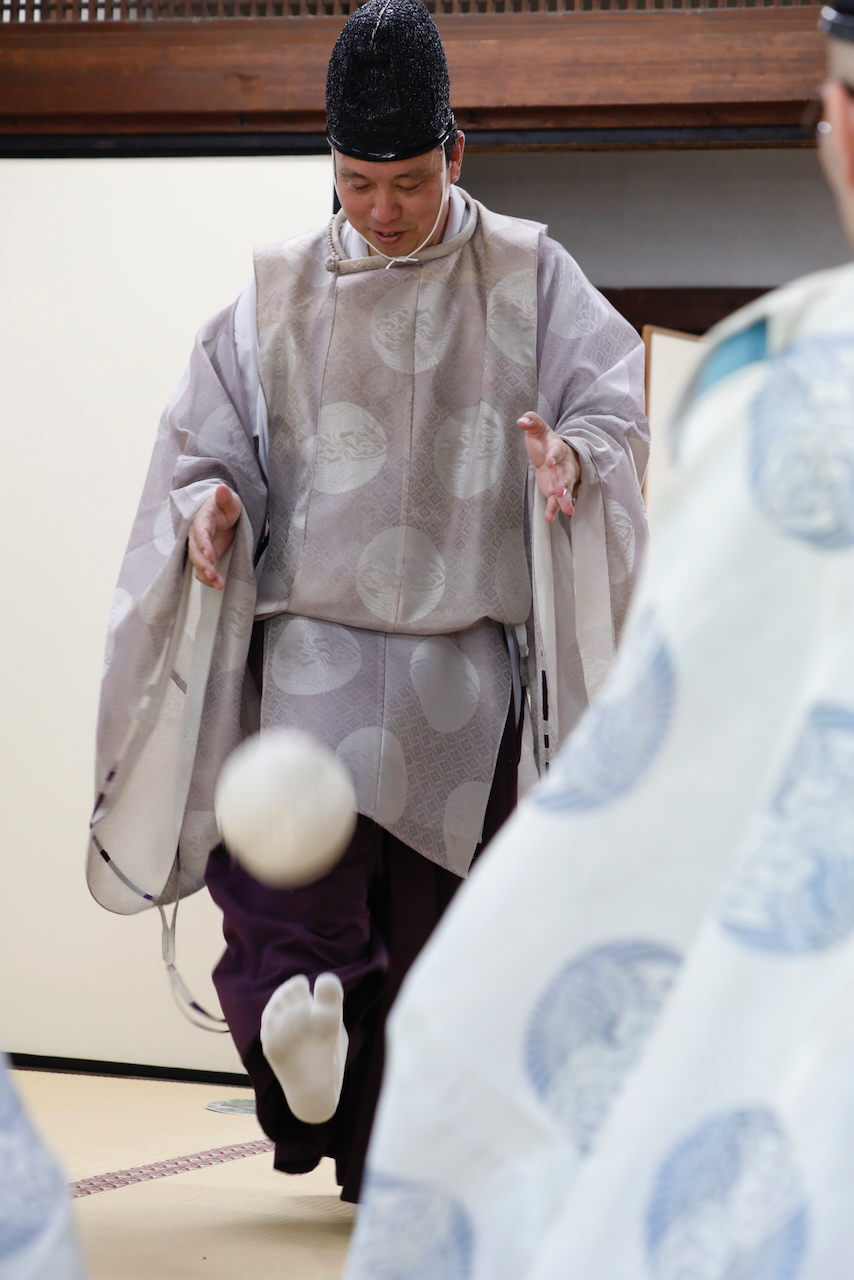
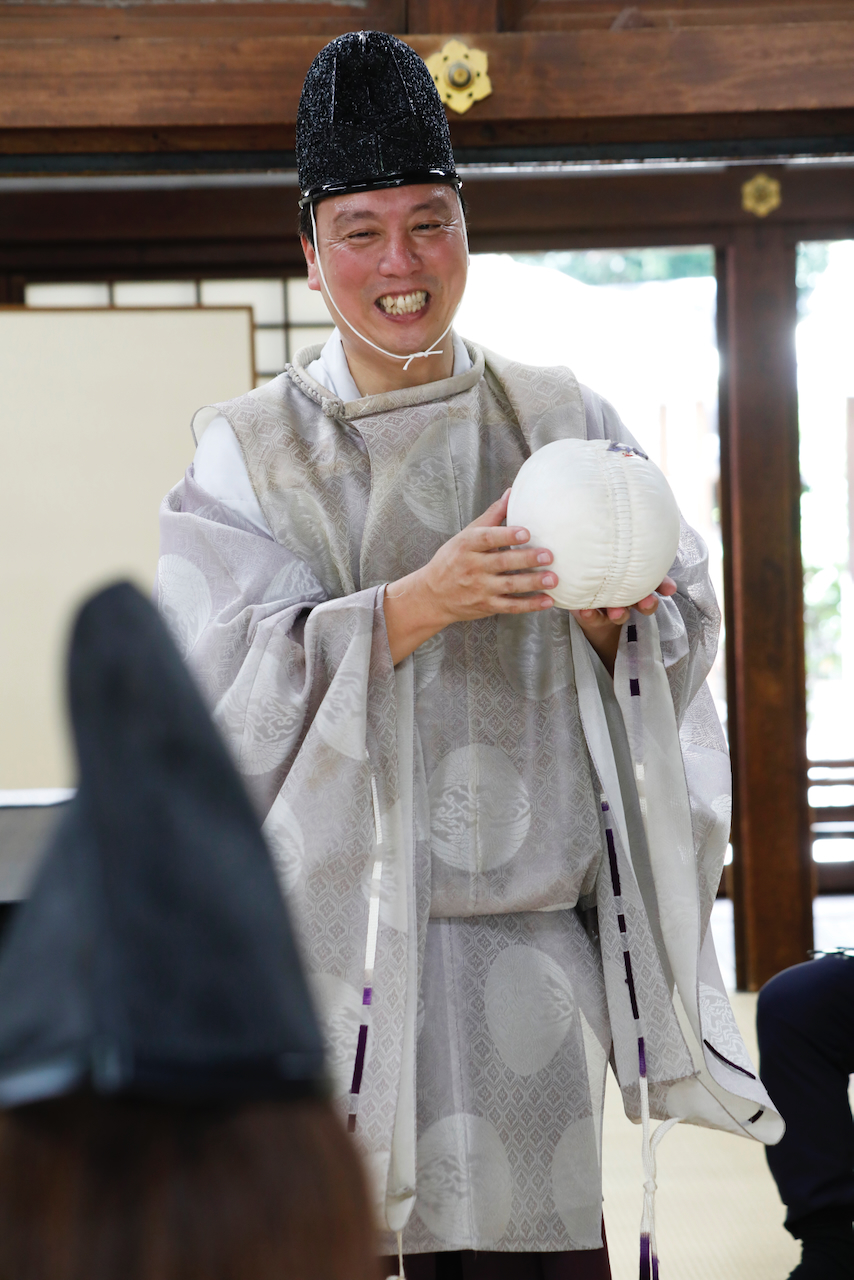
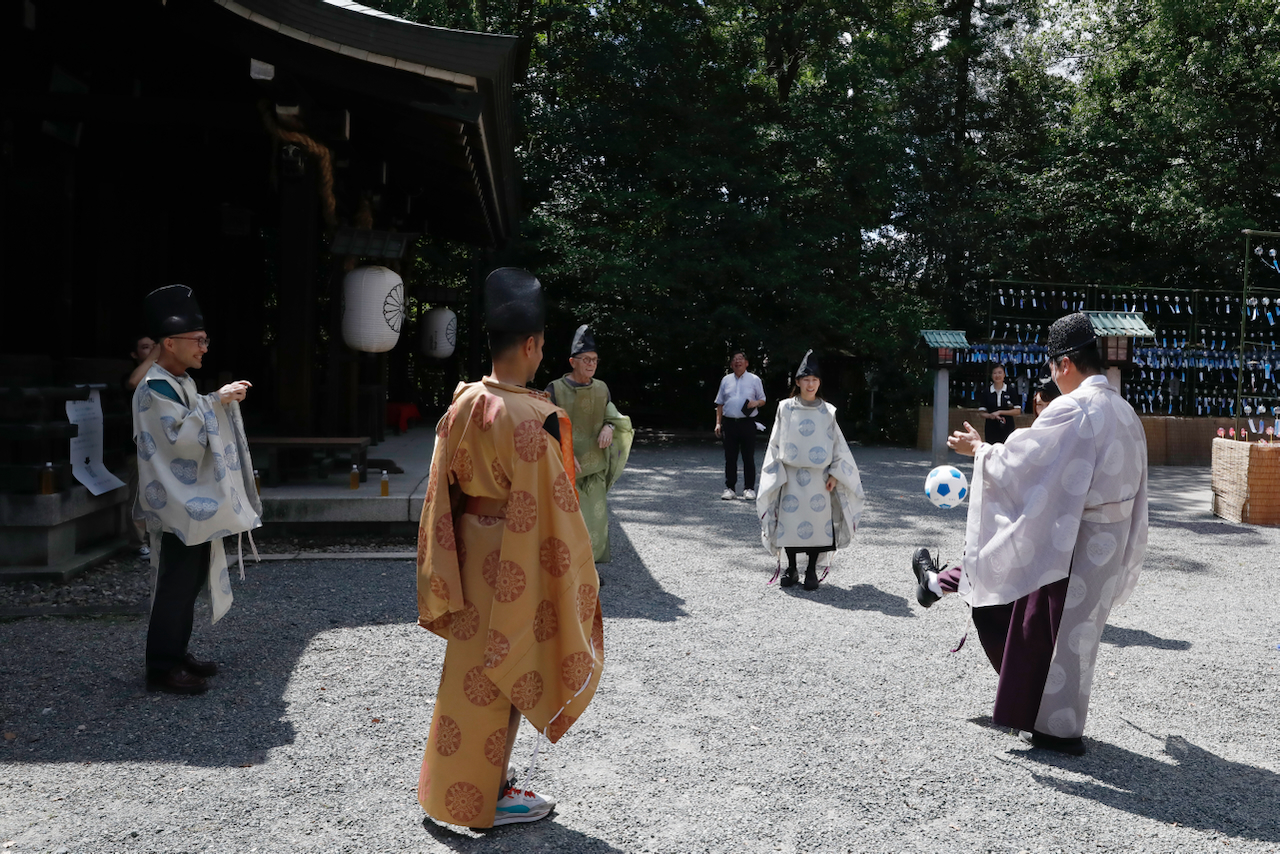
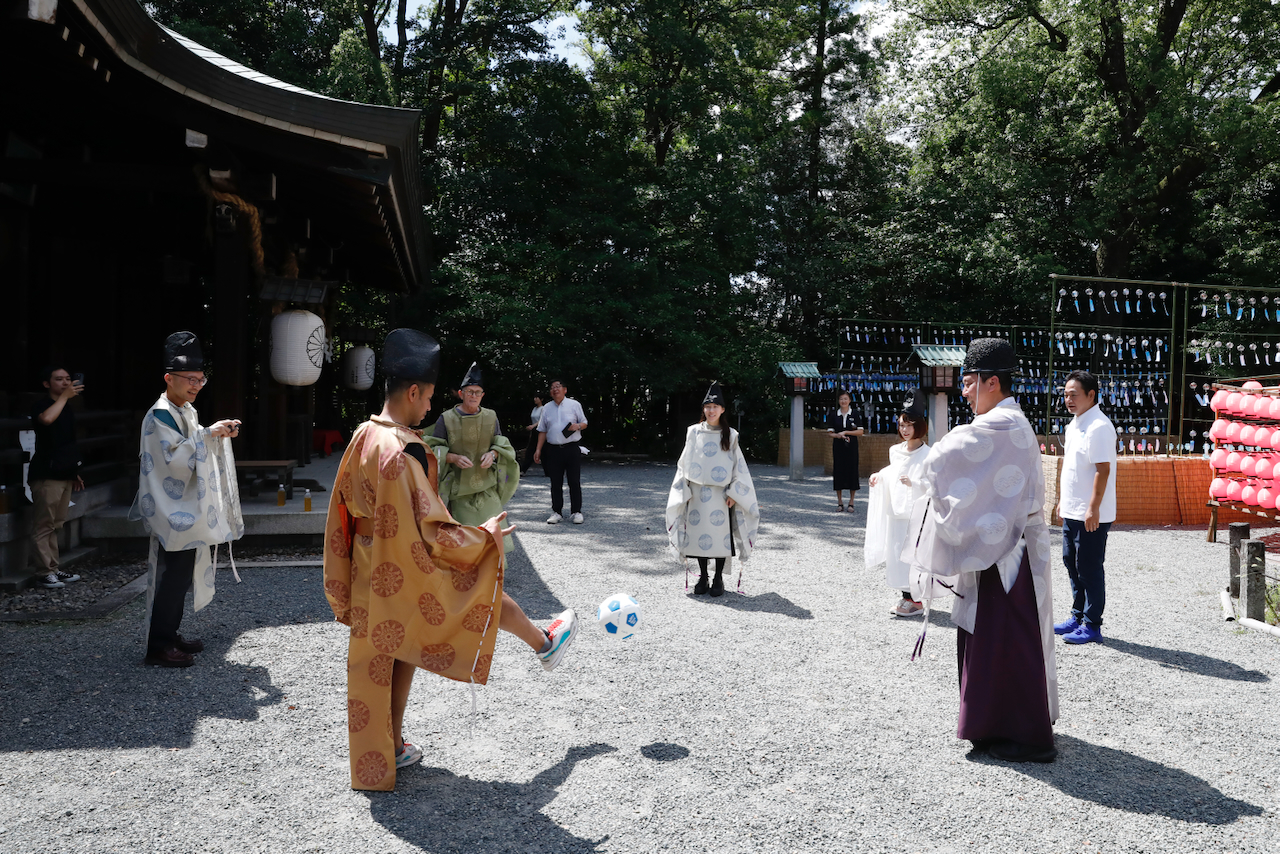
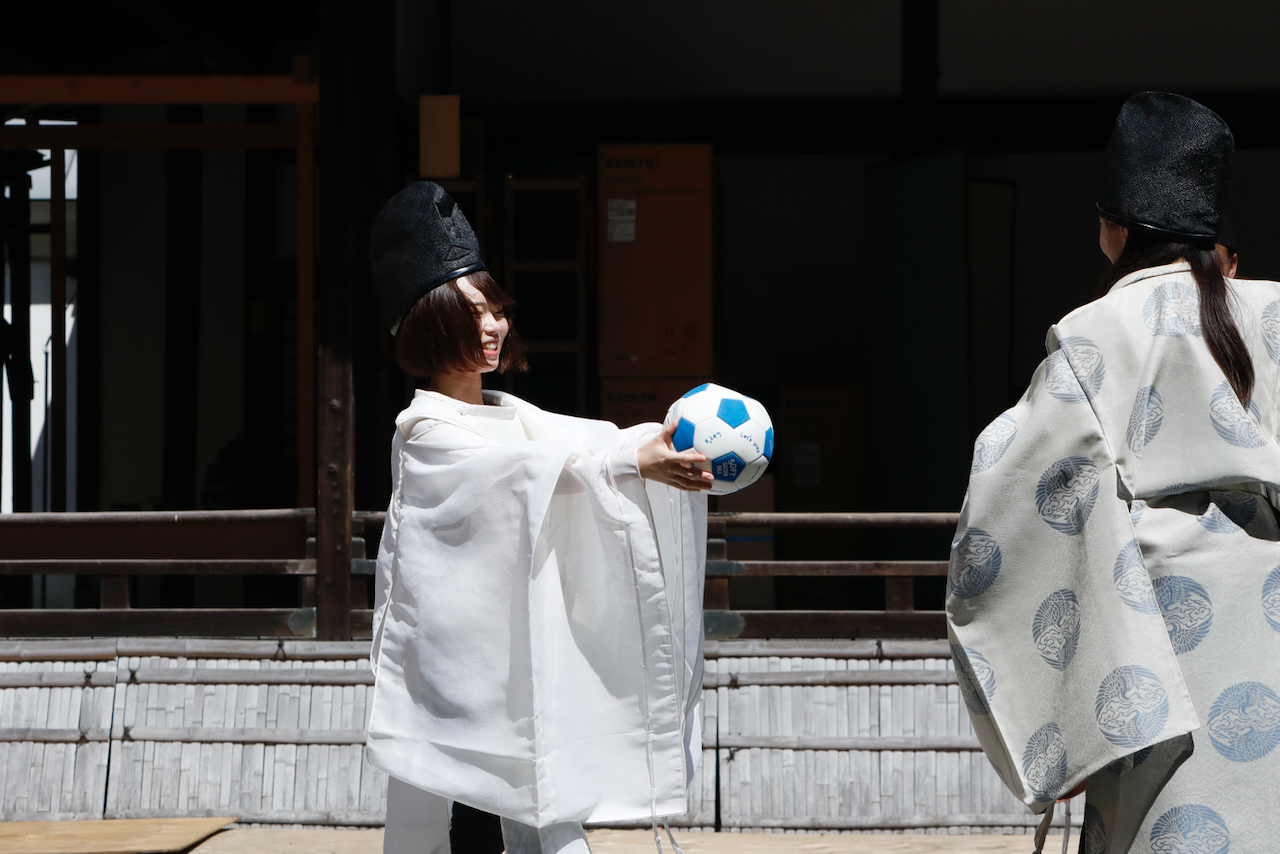
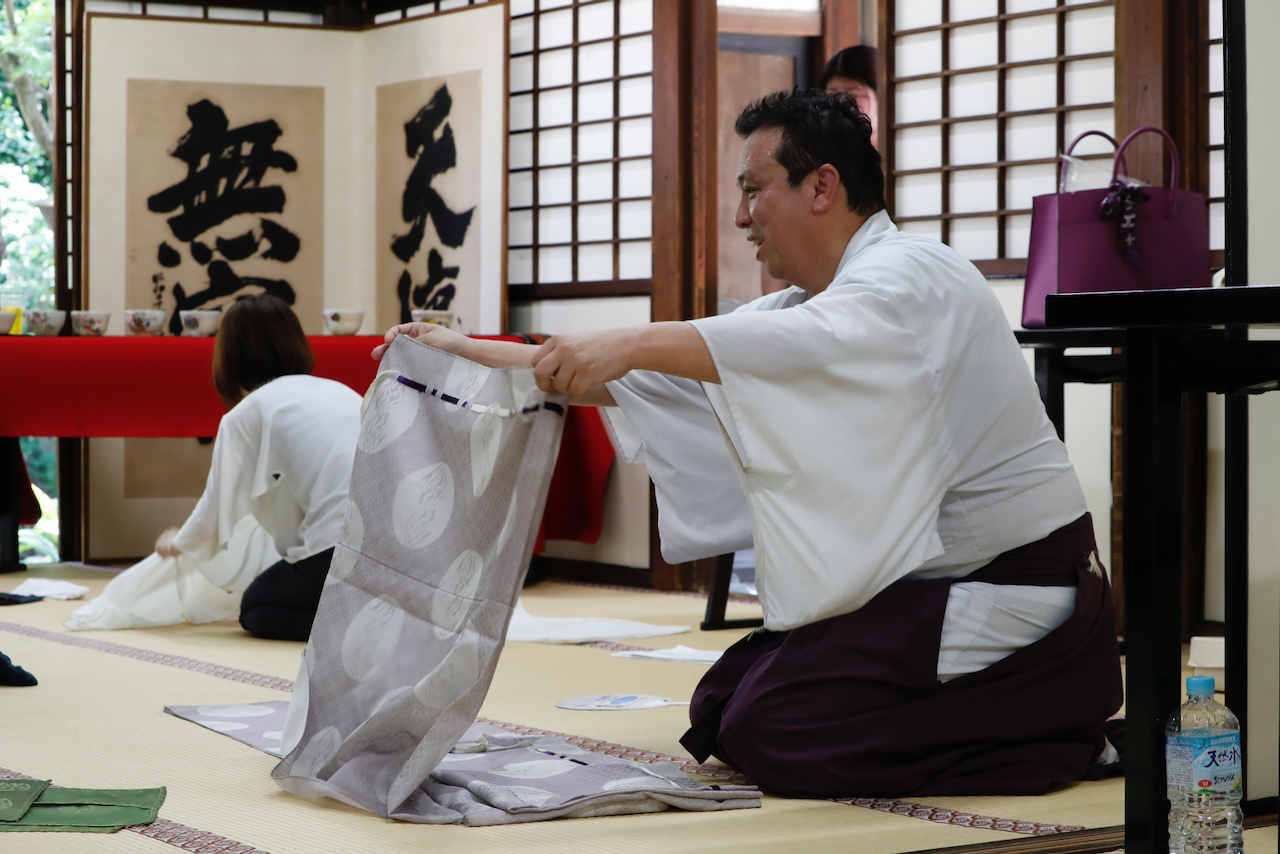
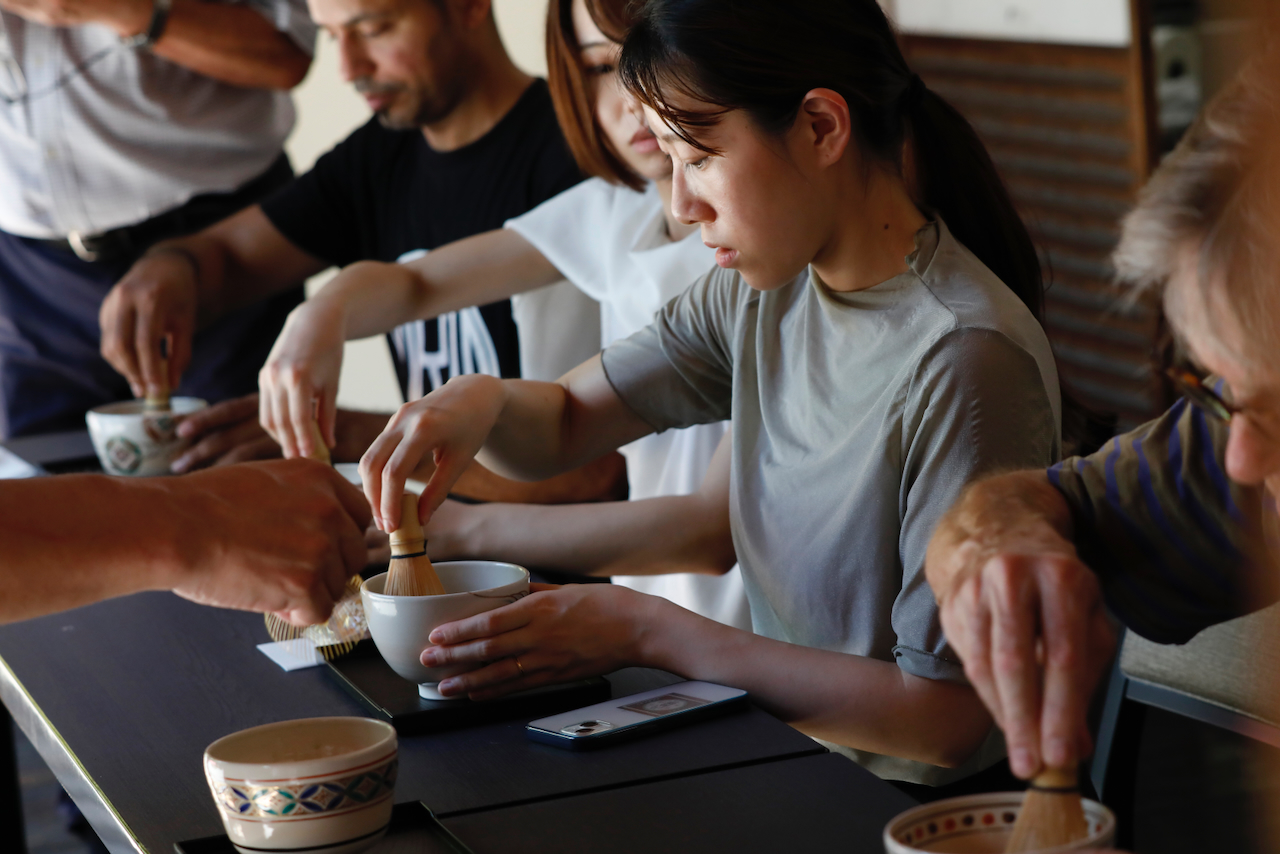

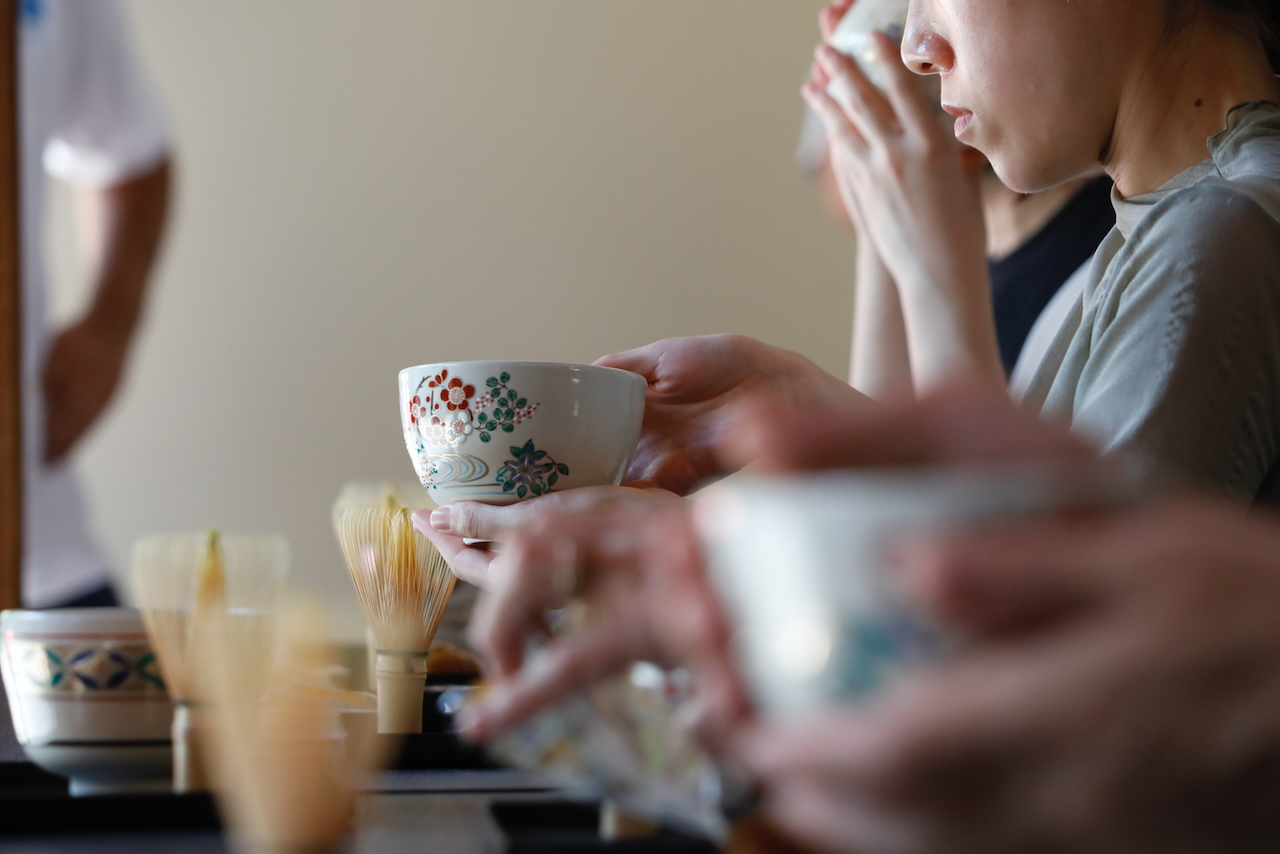
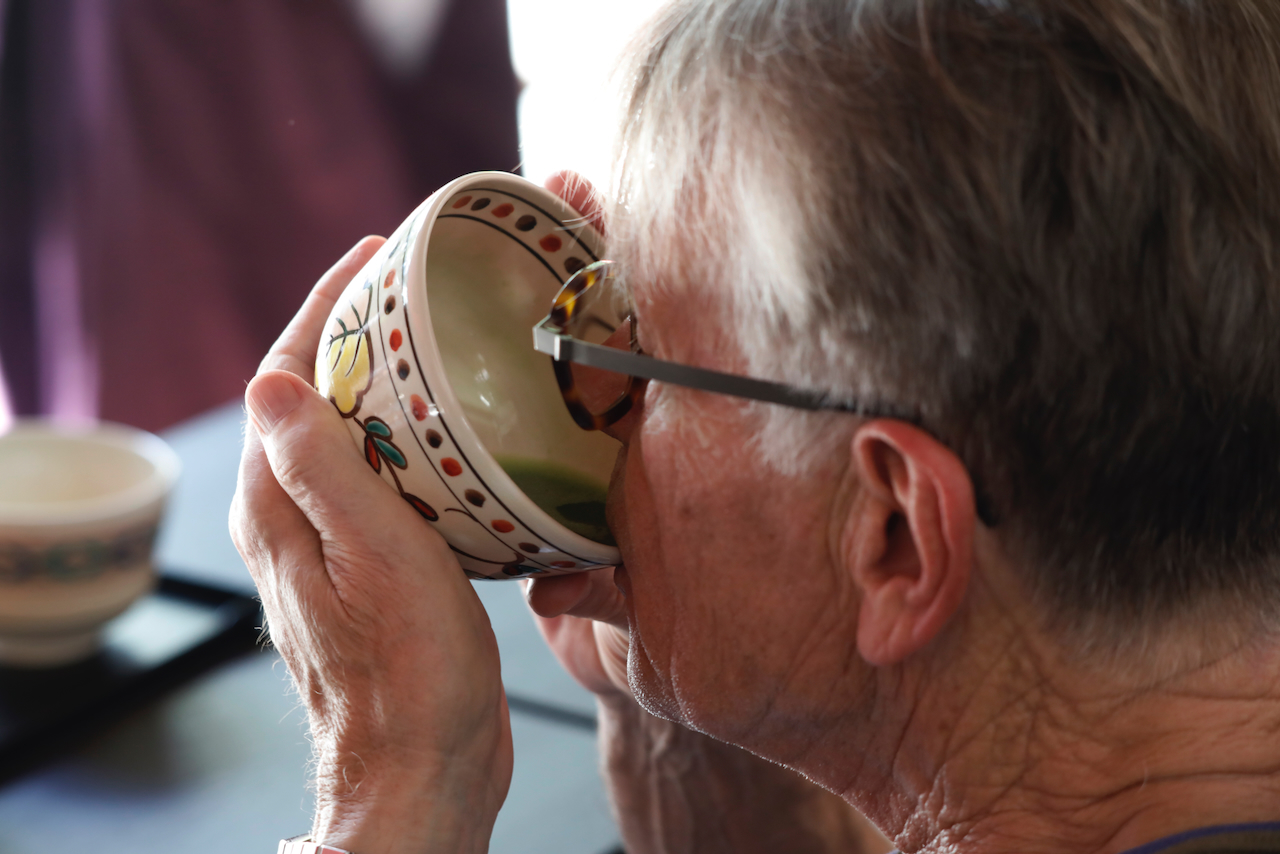
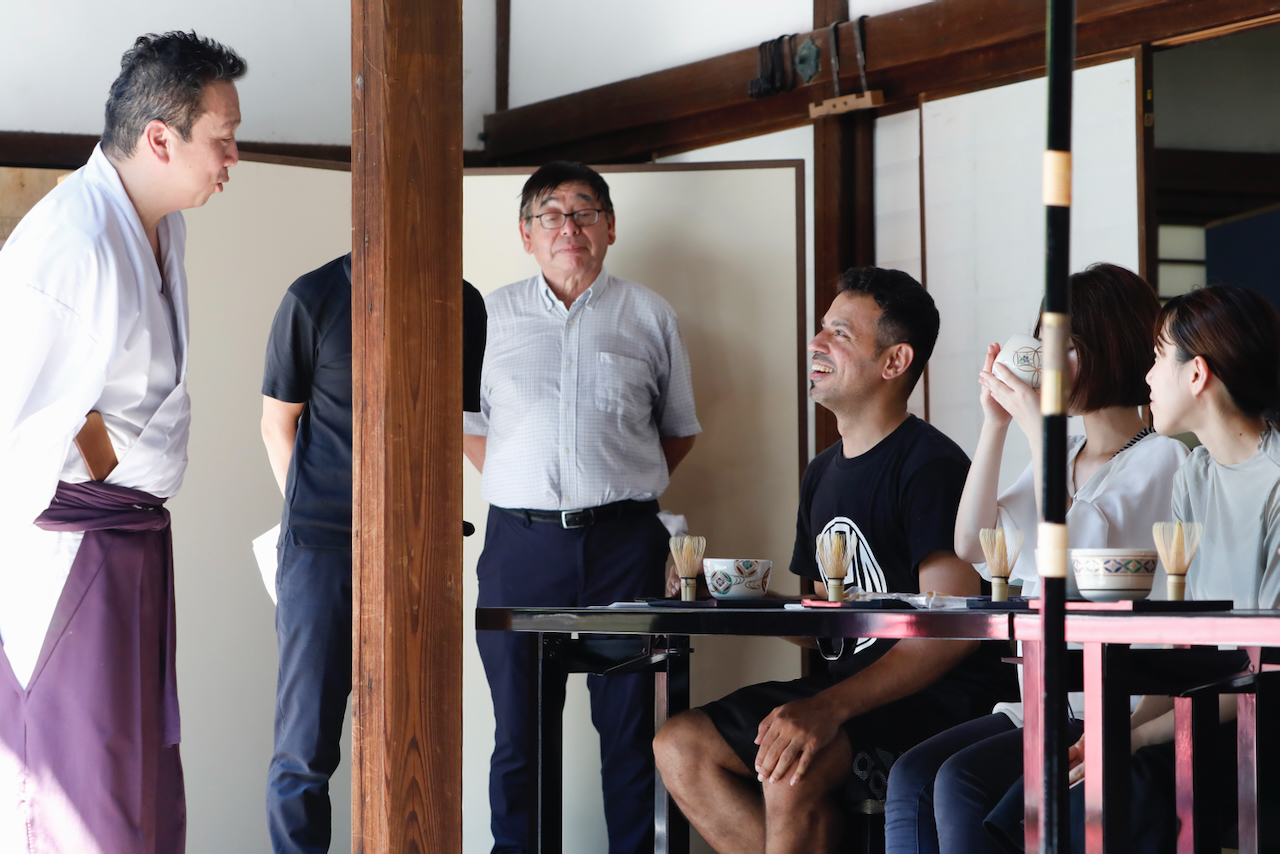

- Minase Jingu Shrine
- Tsutomu Minase
- Minase Jingu Shrine is established over 700 years ago and closely associated with Japanese significant historical events.

